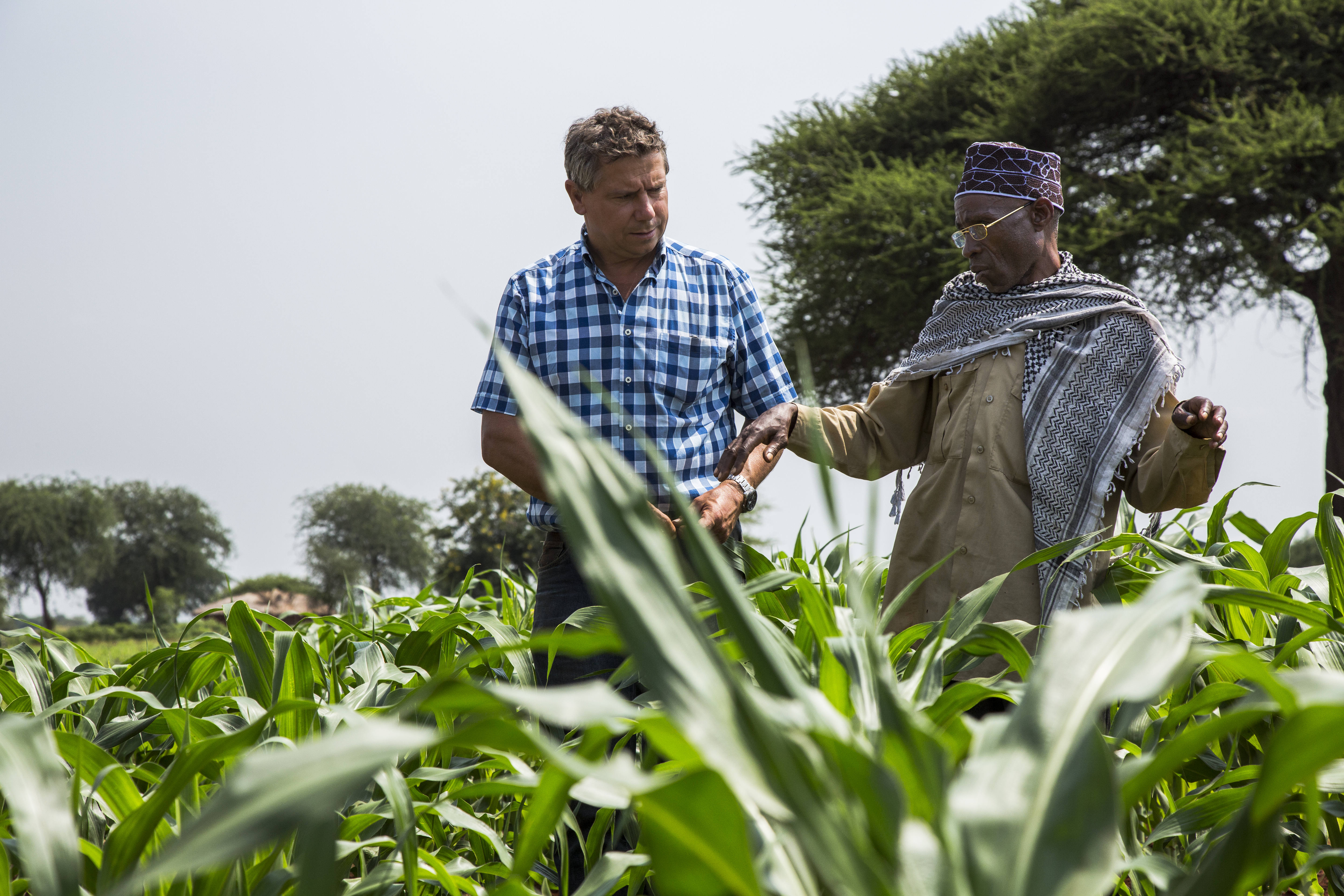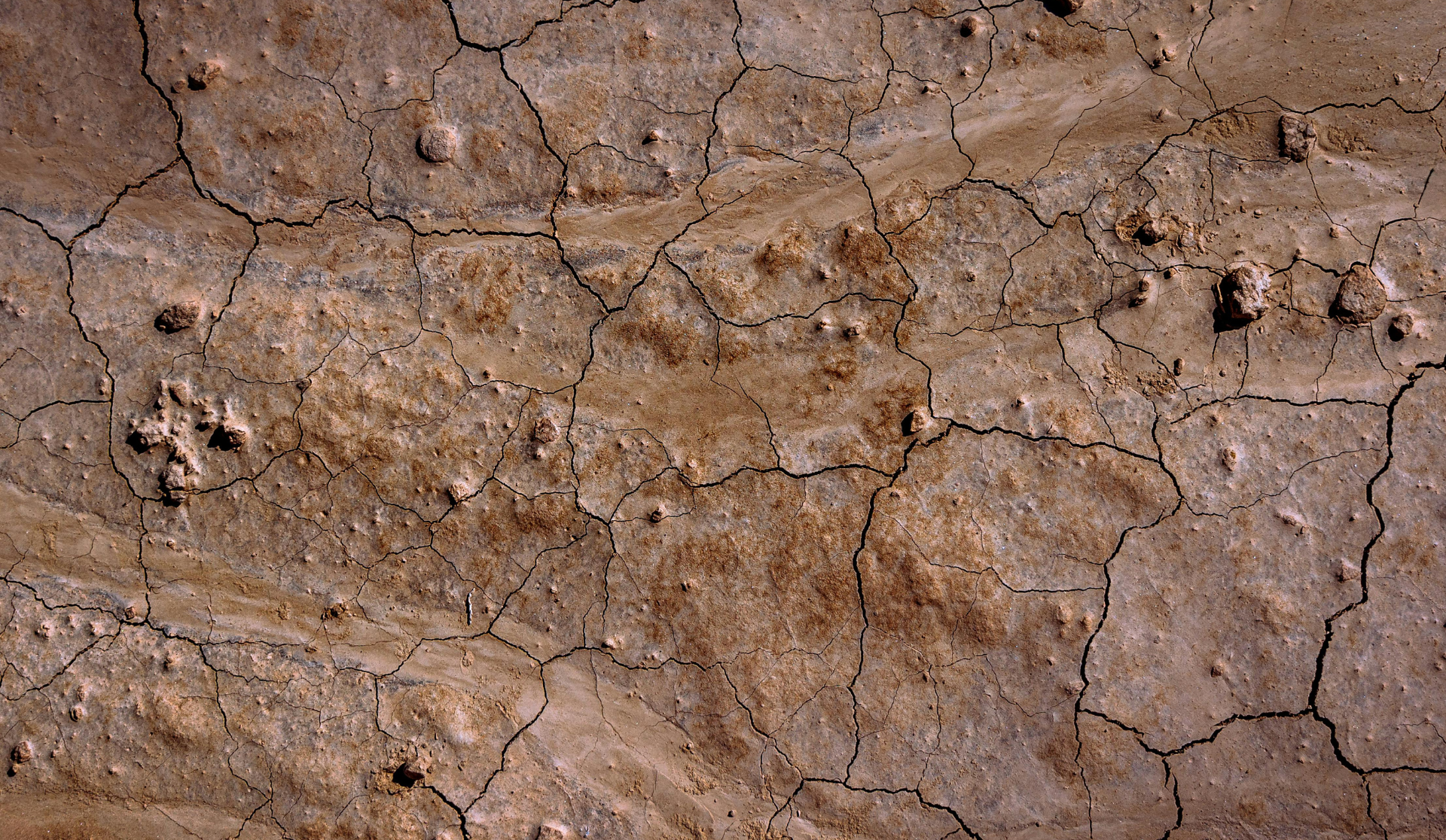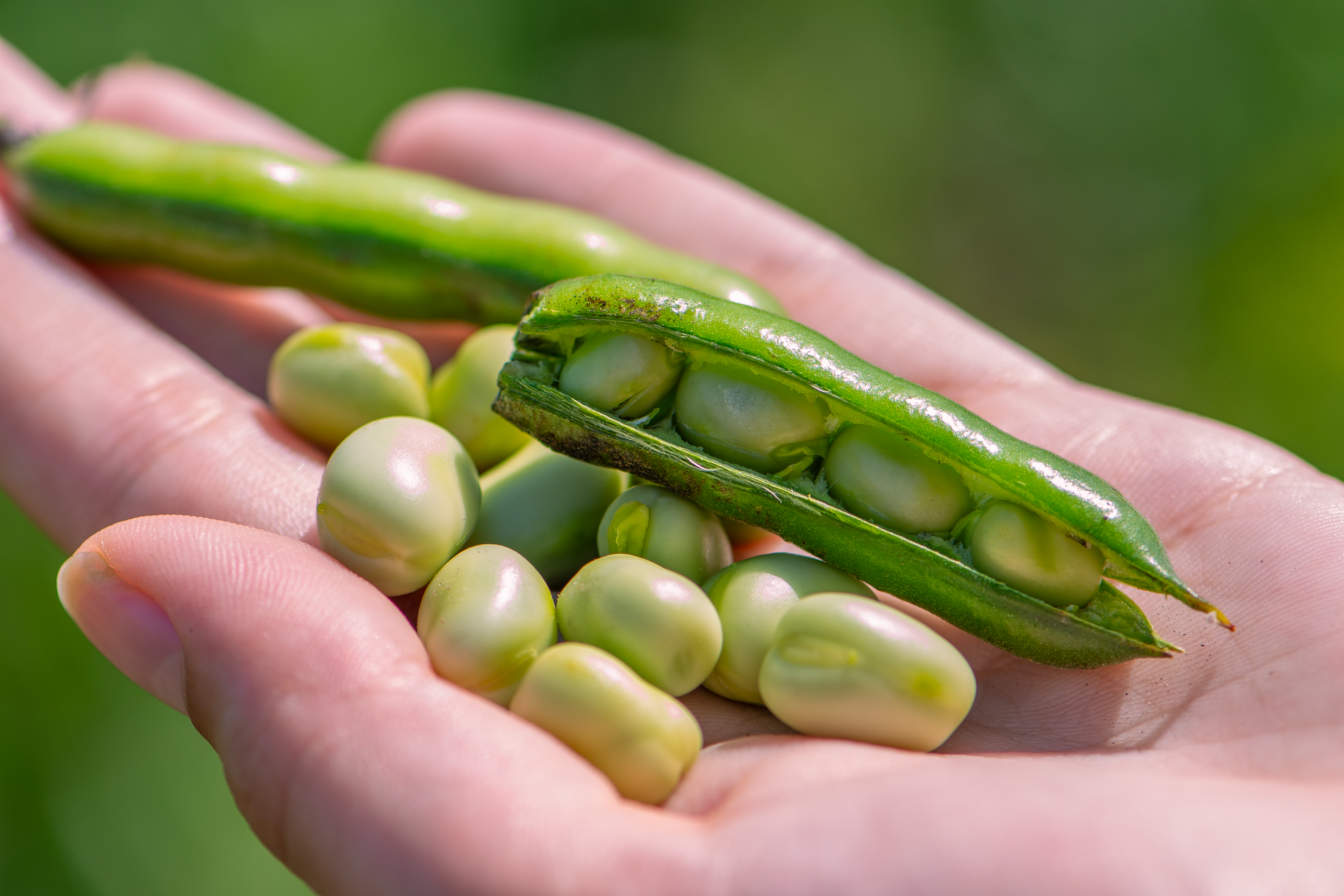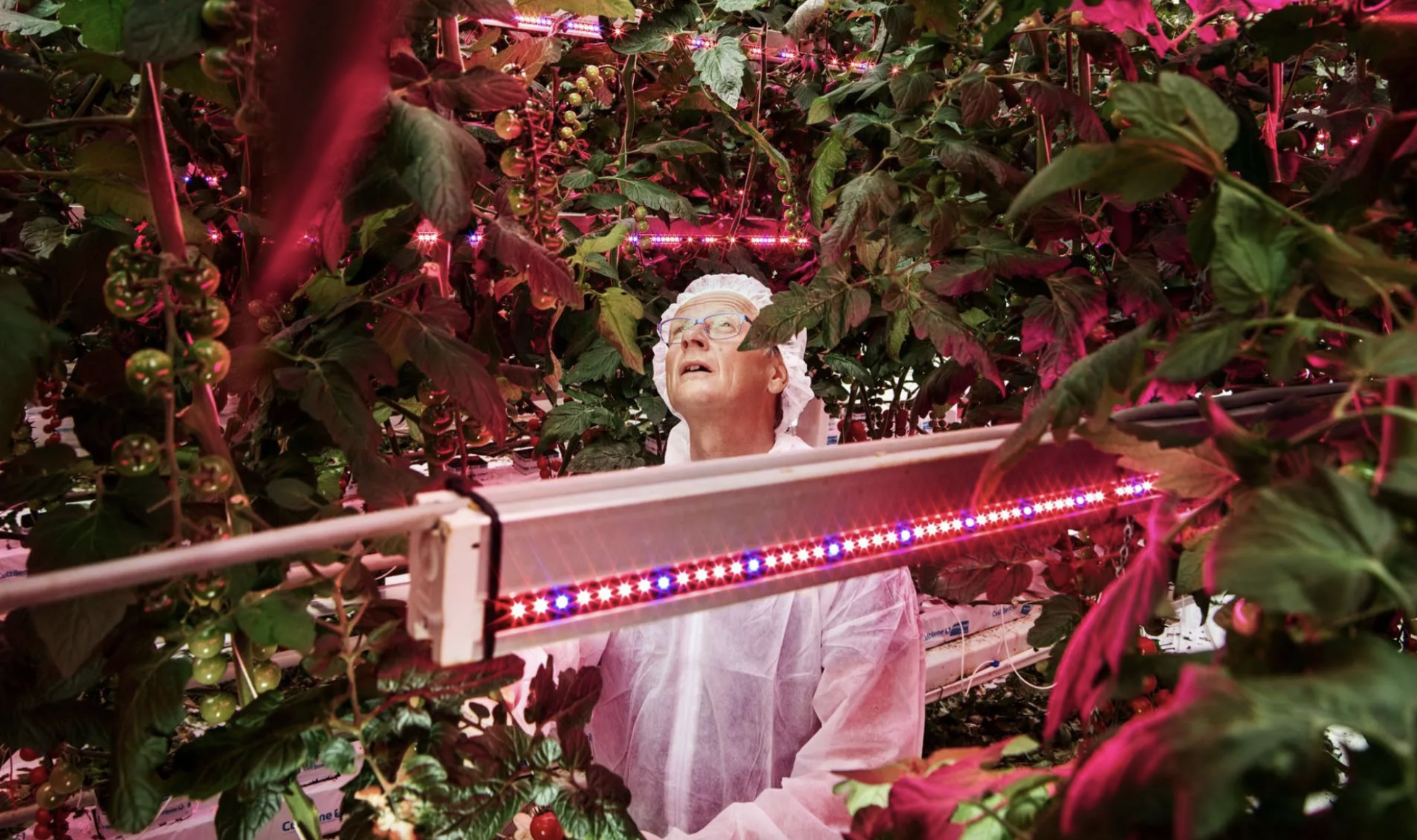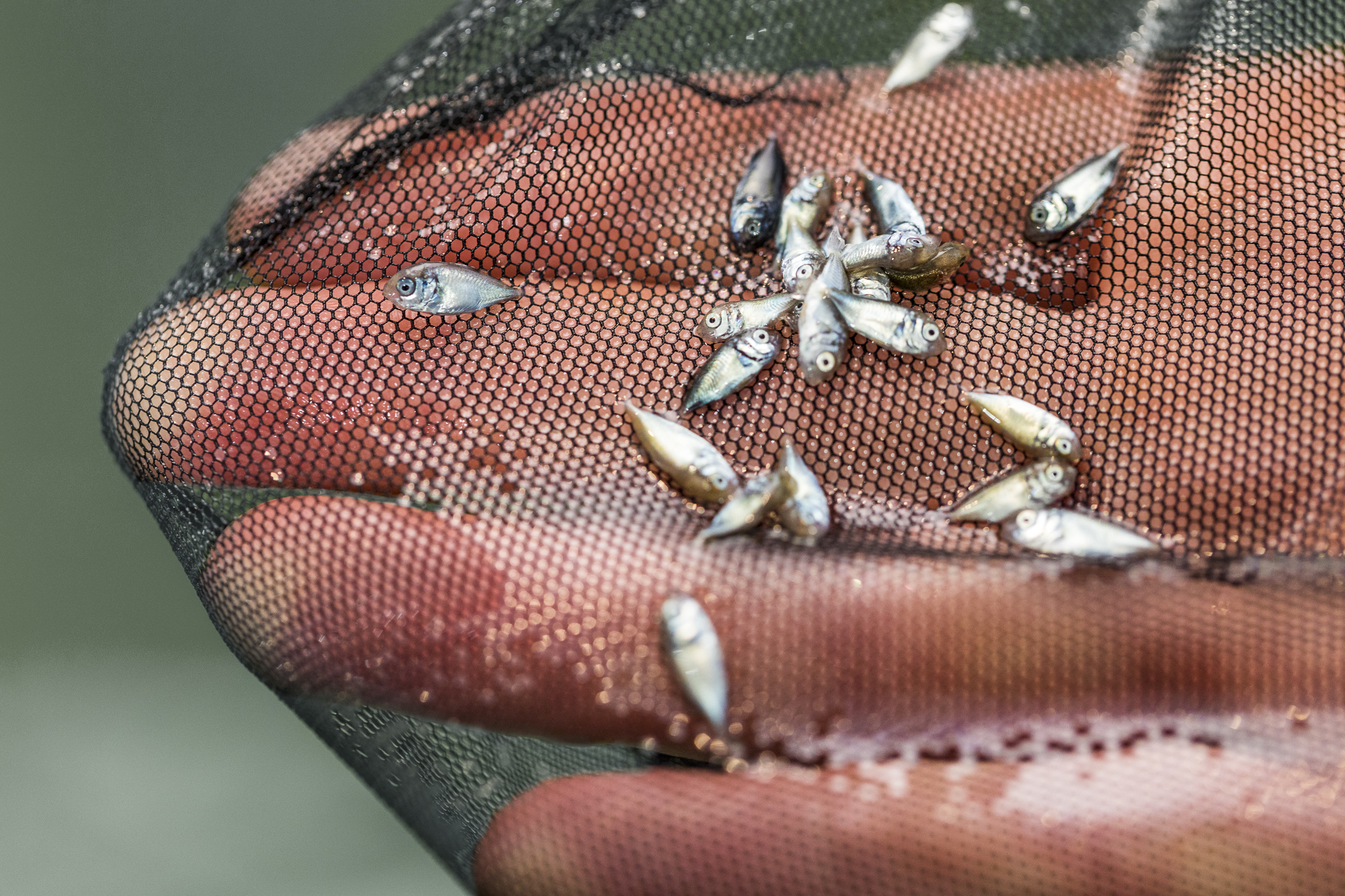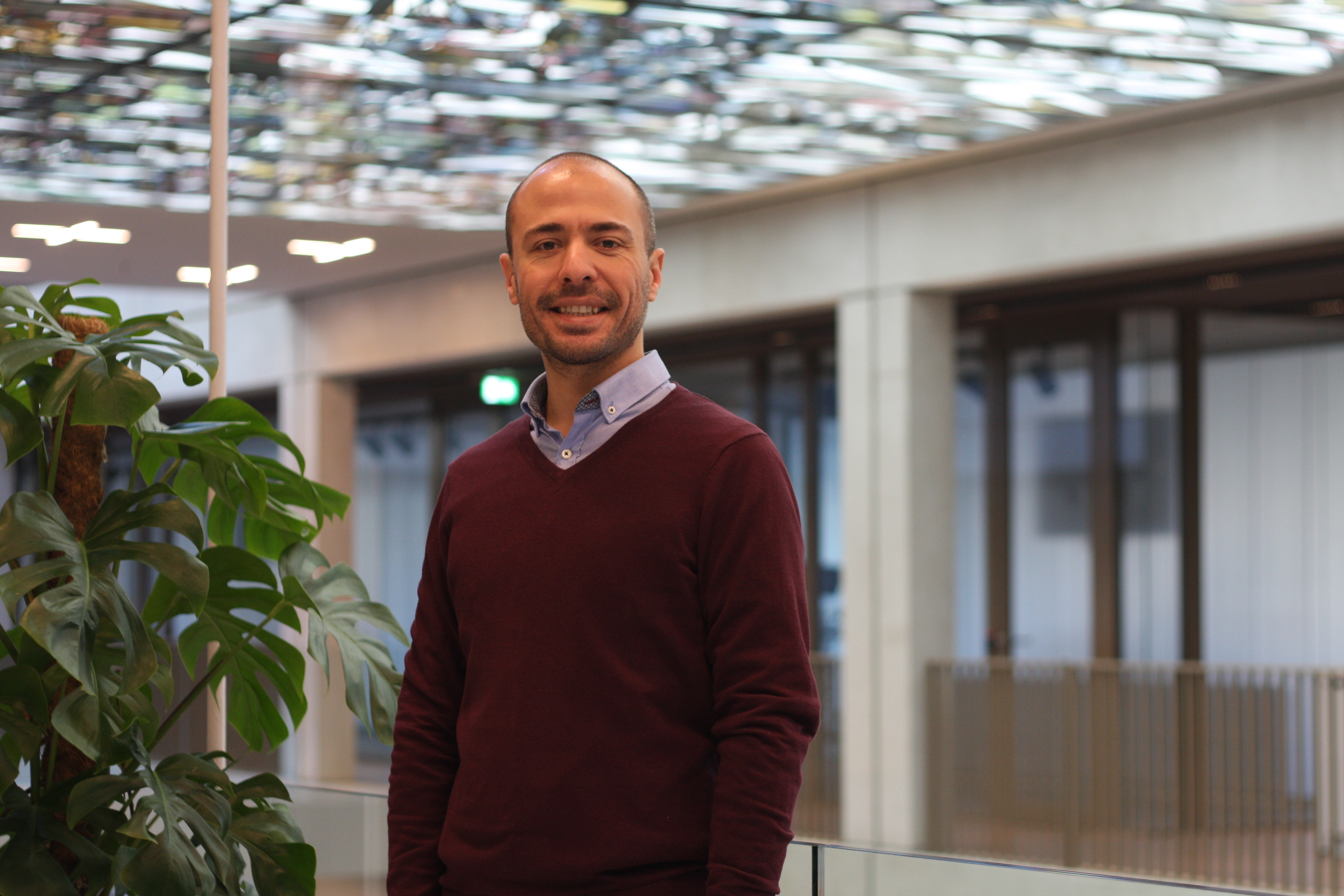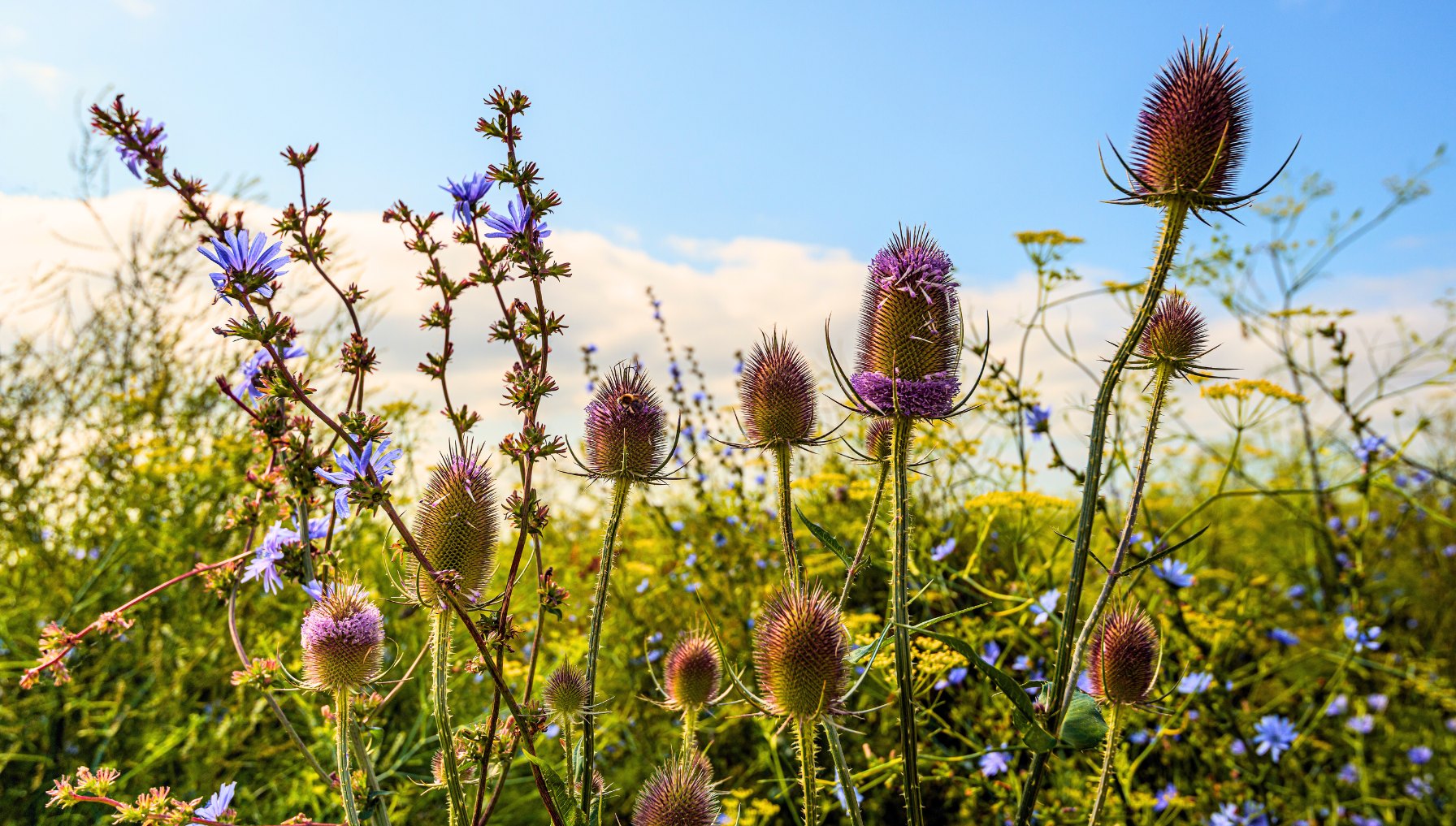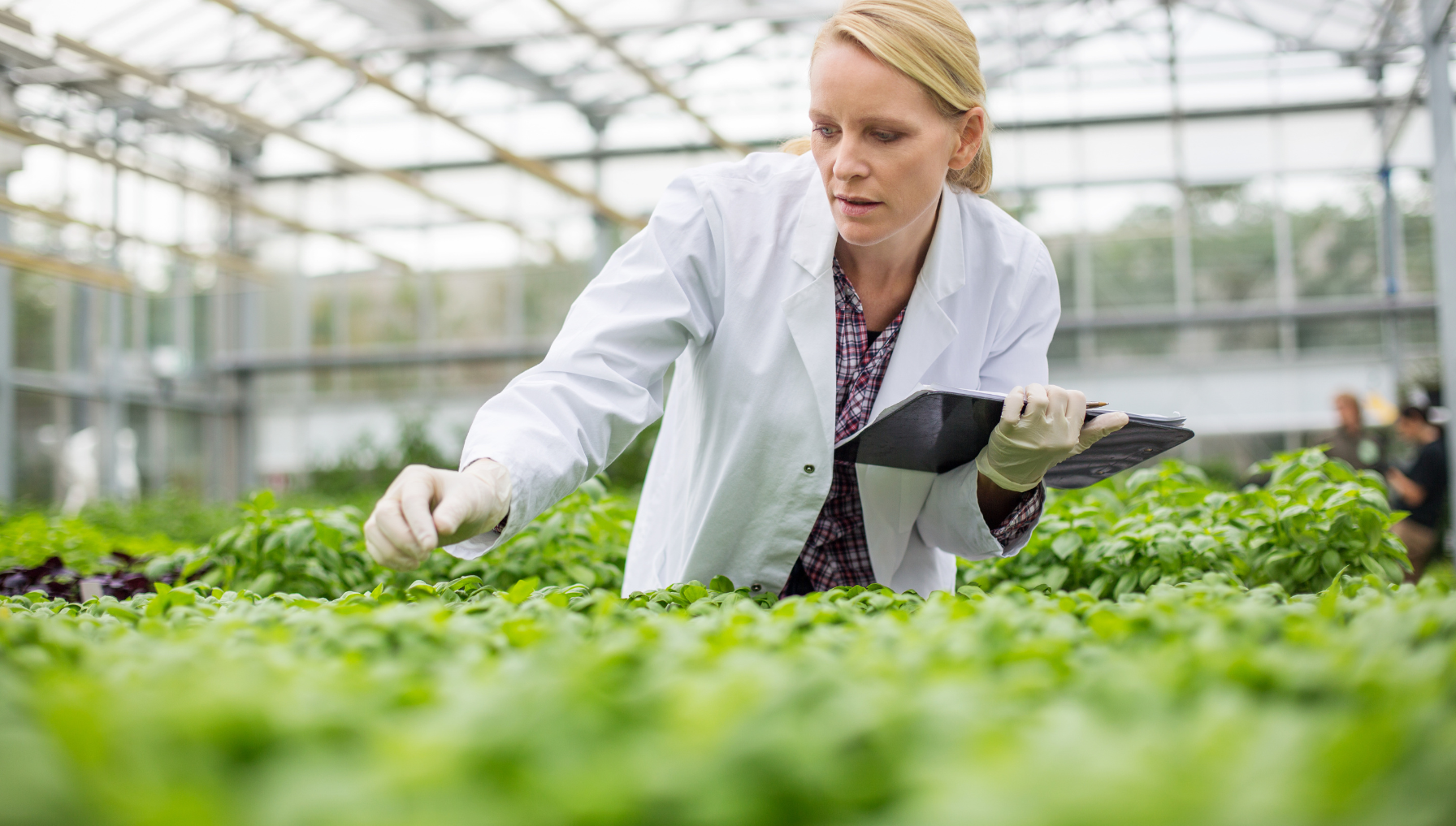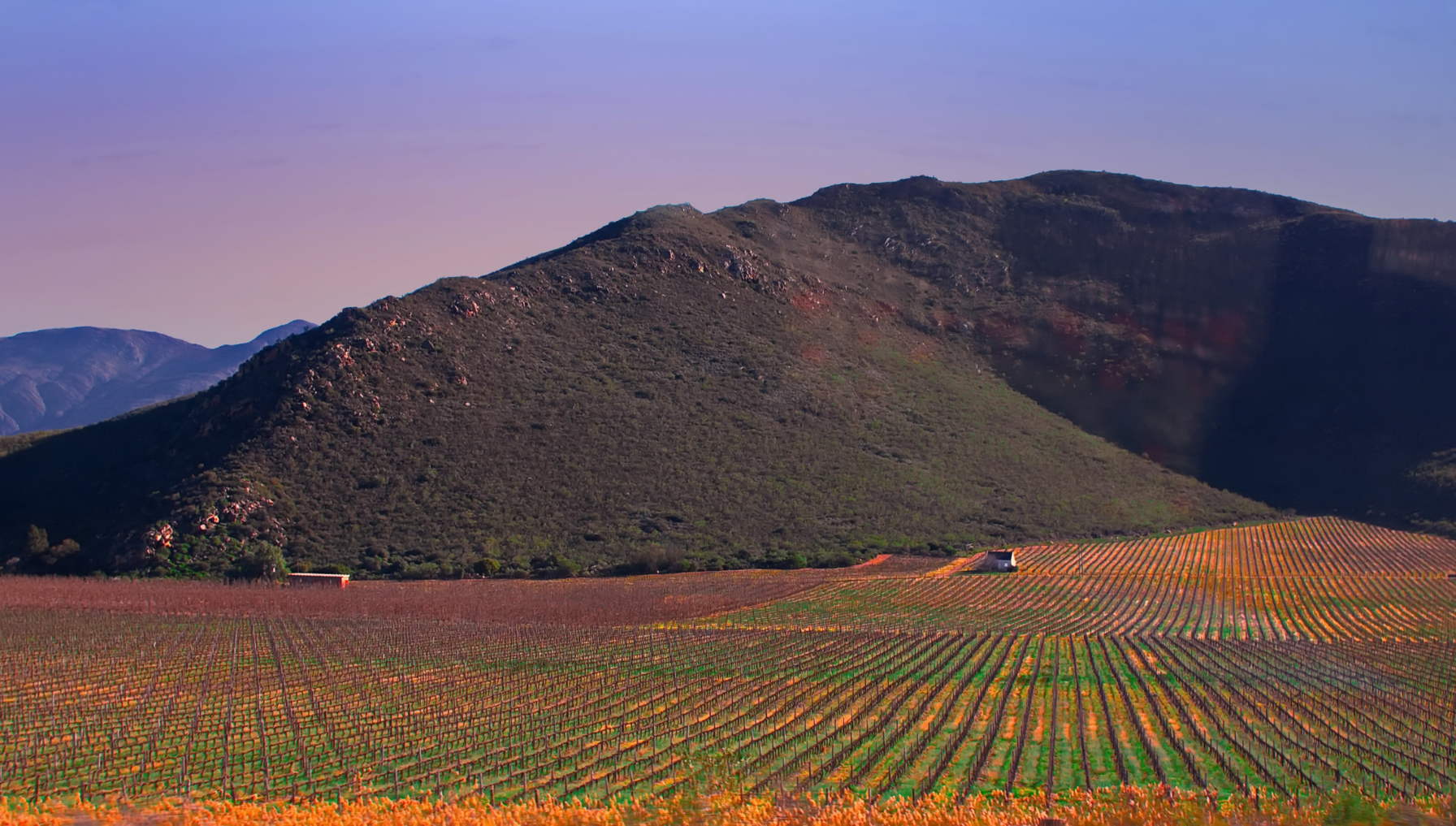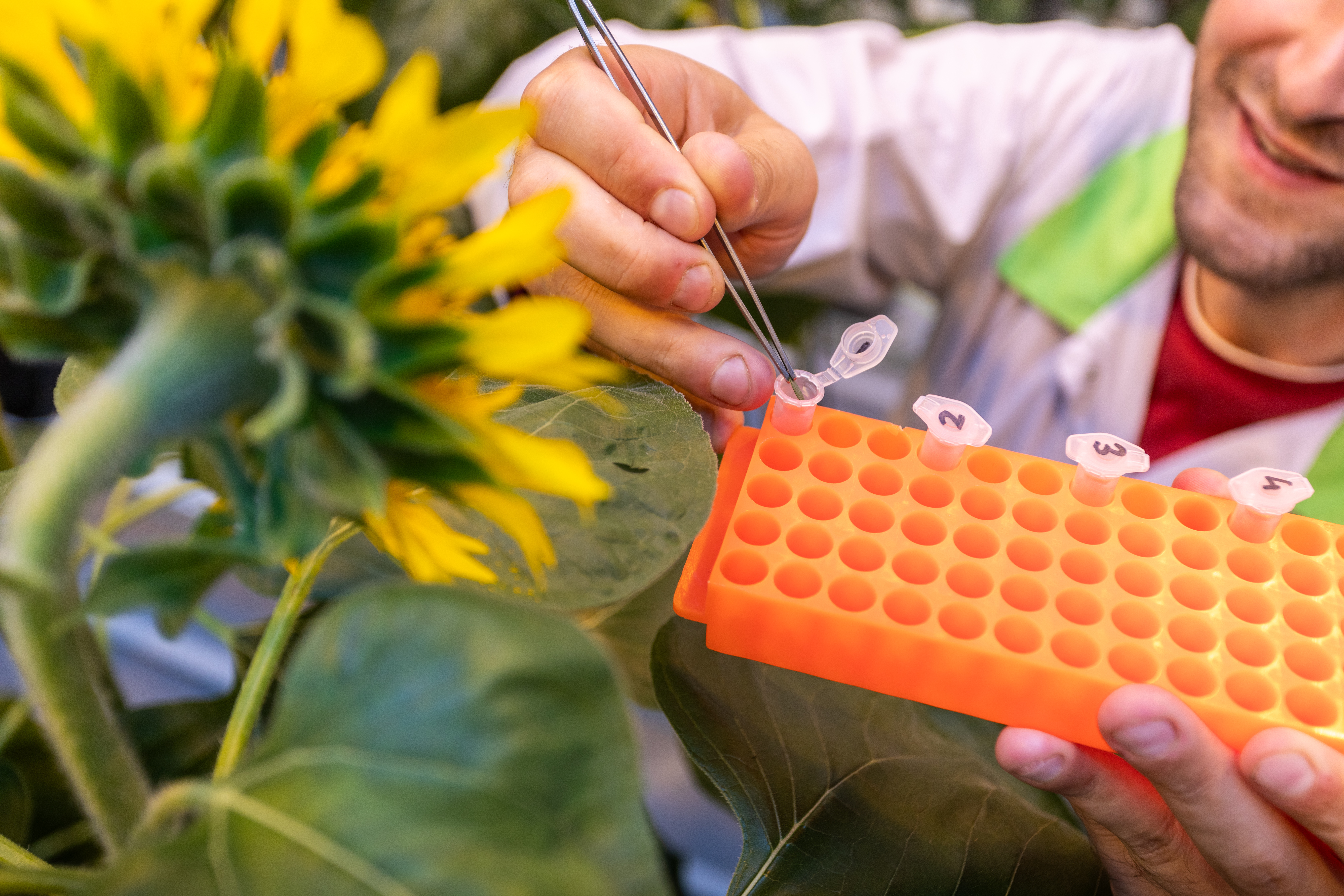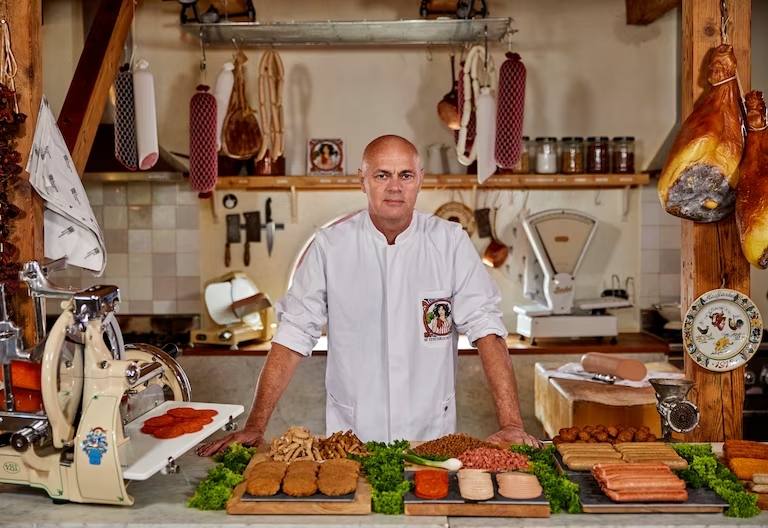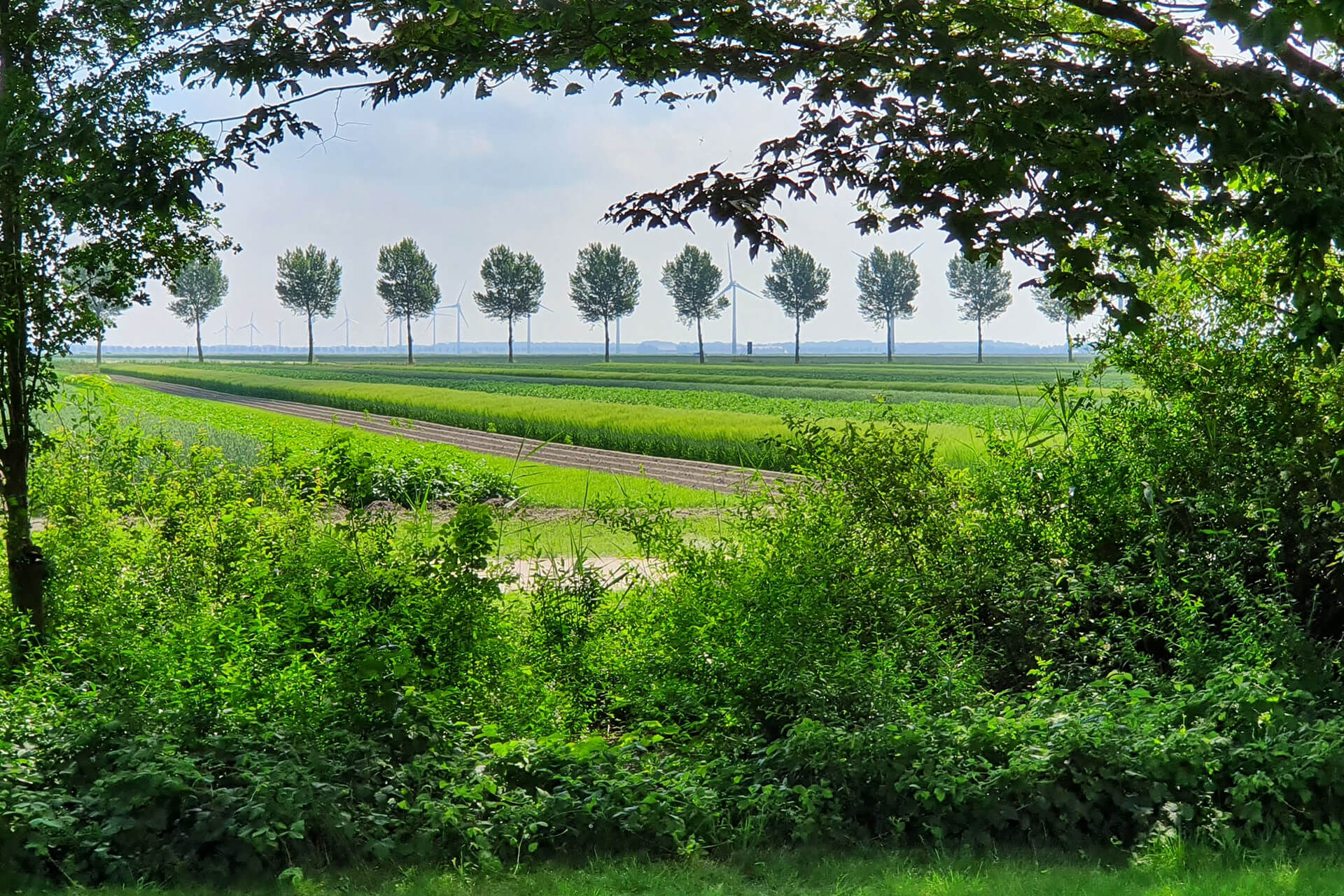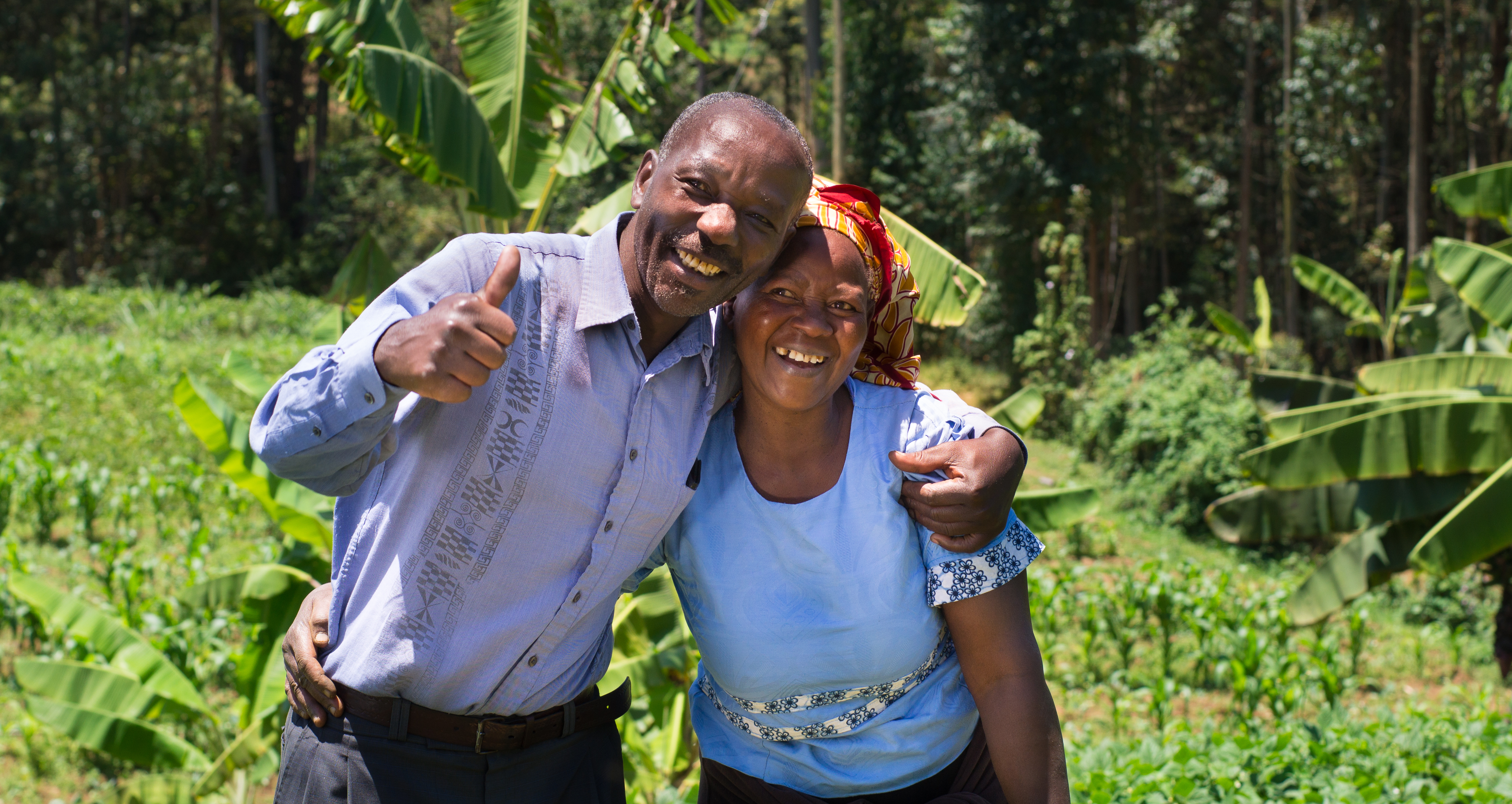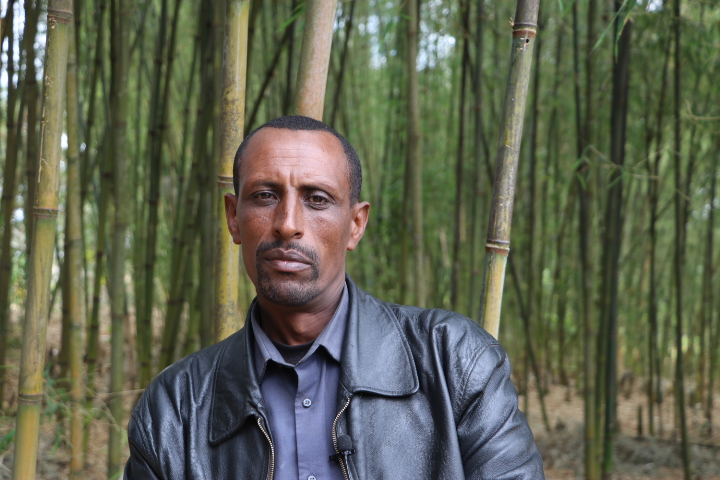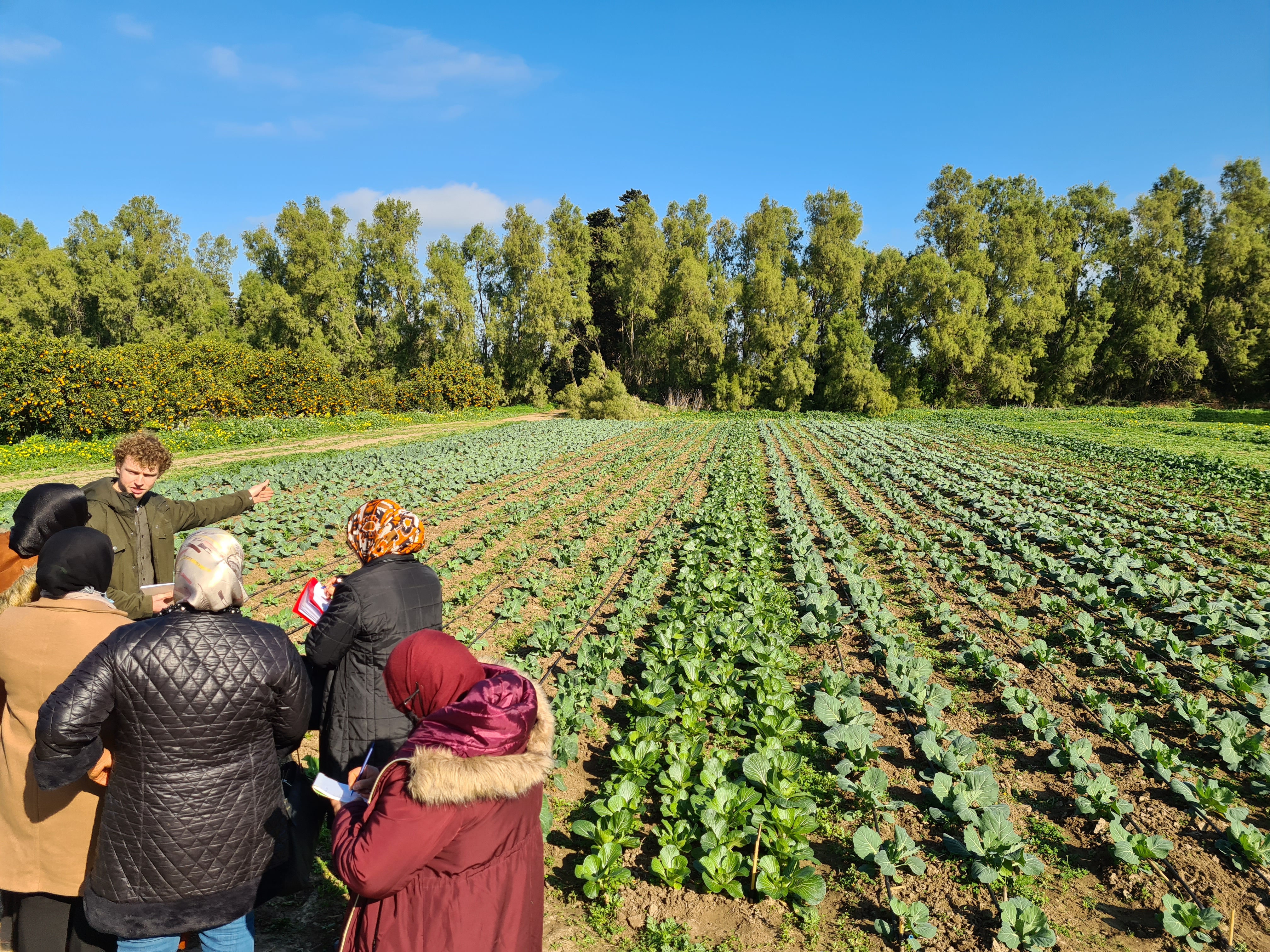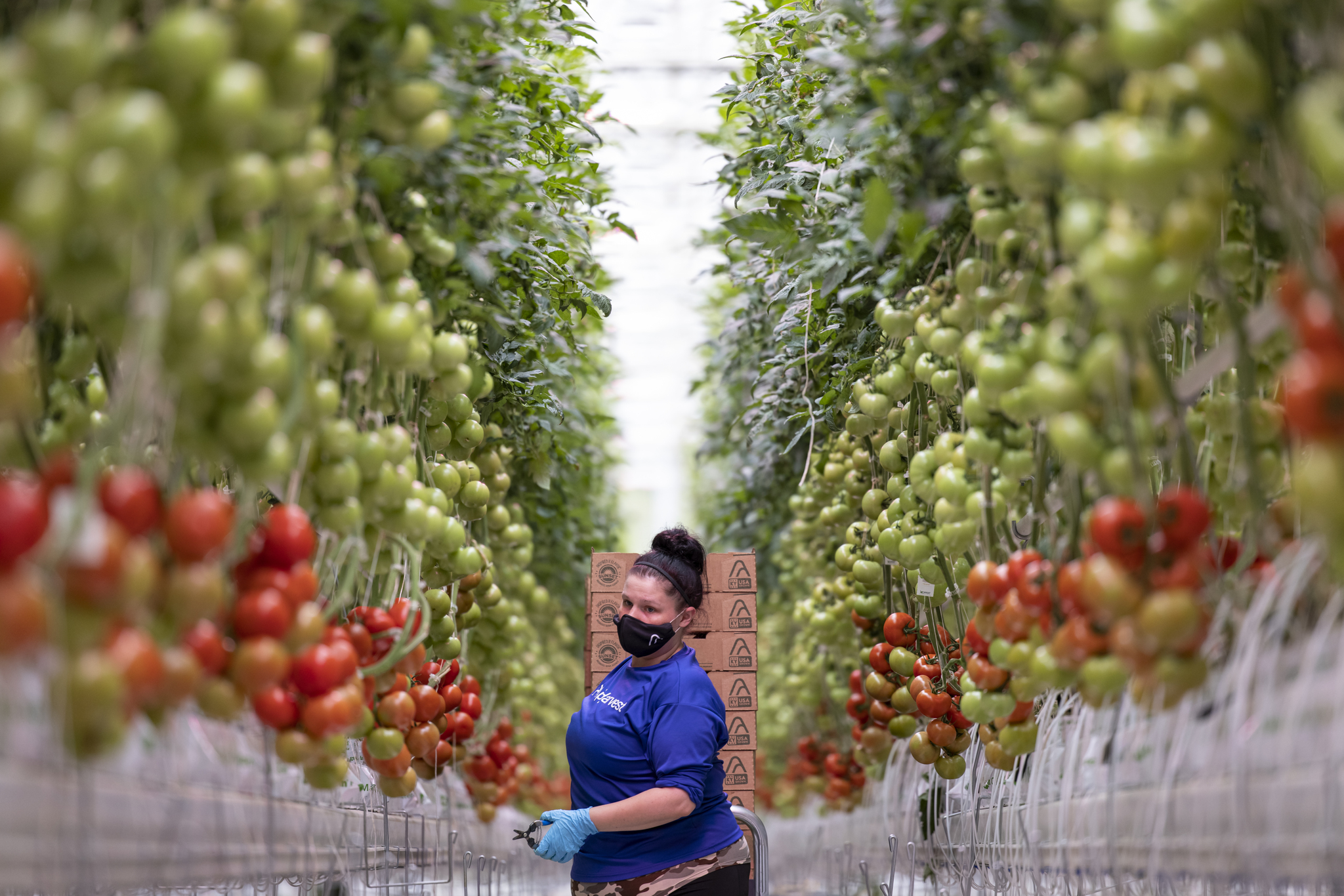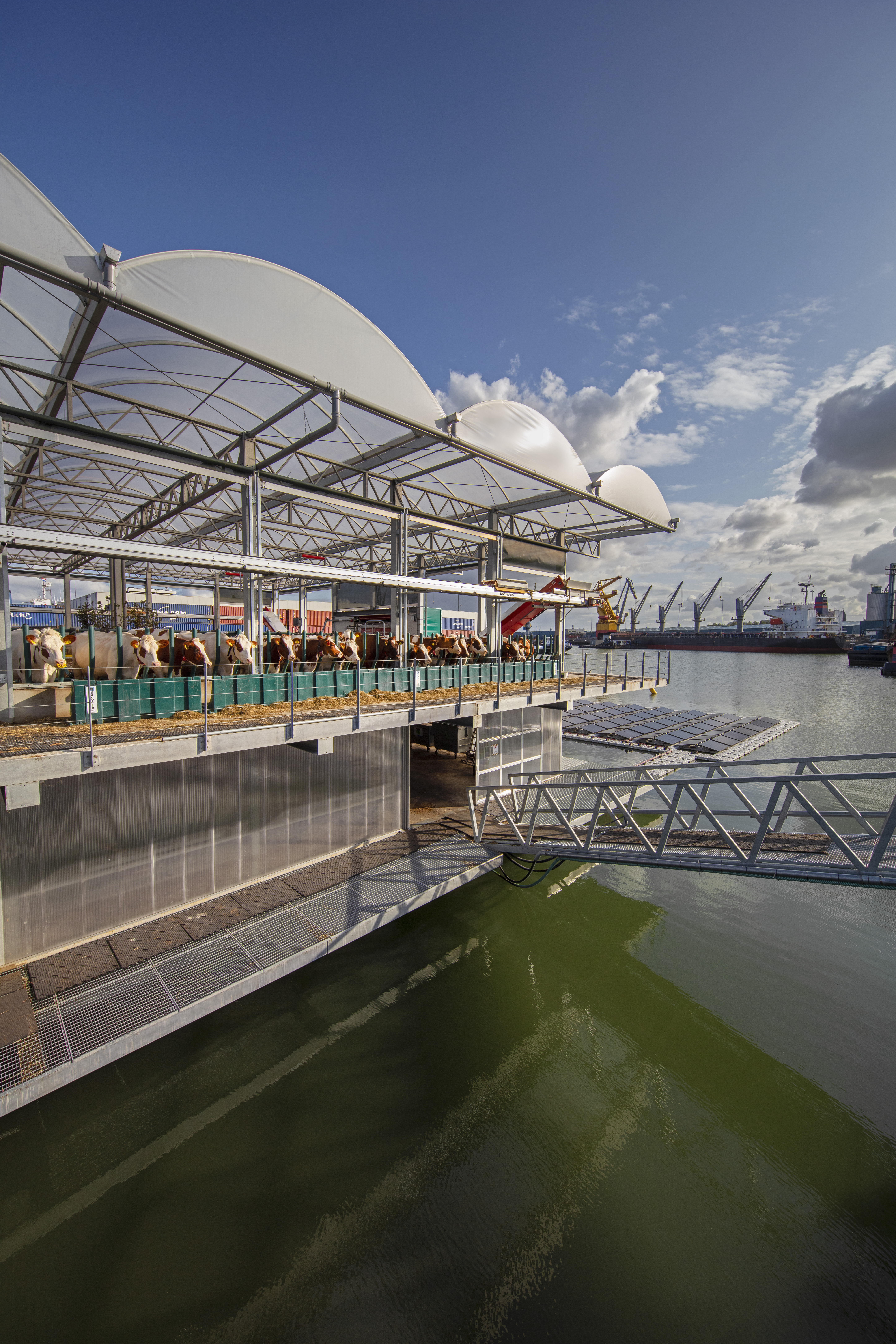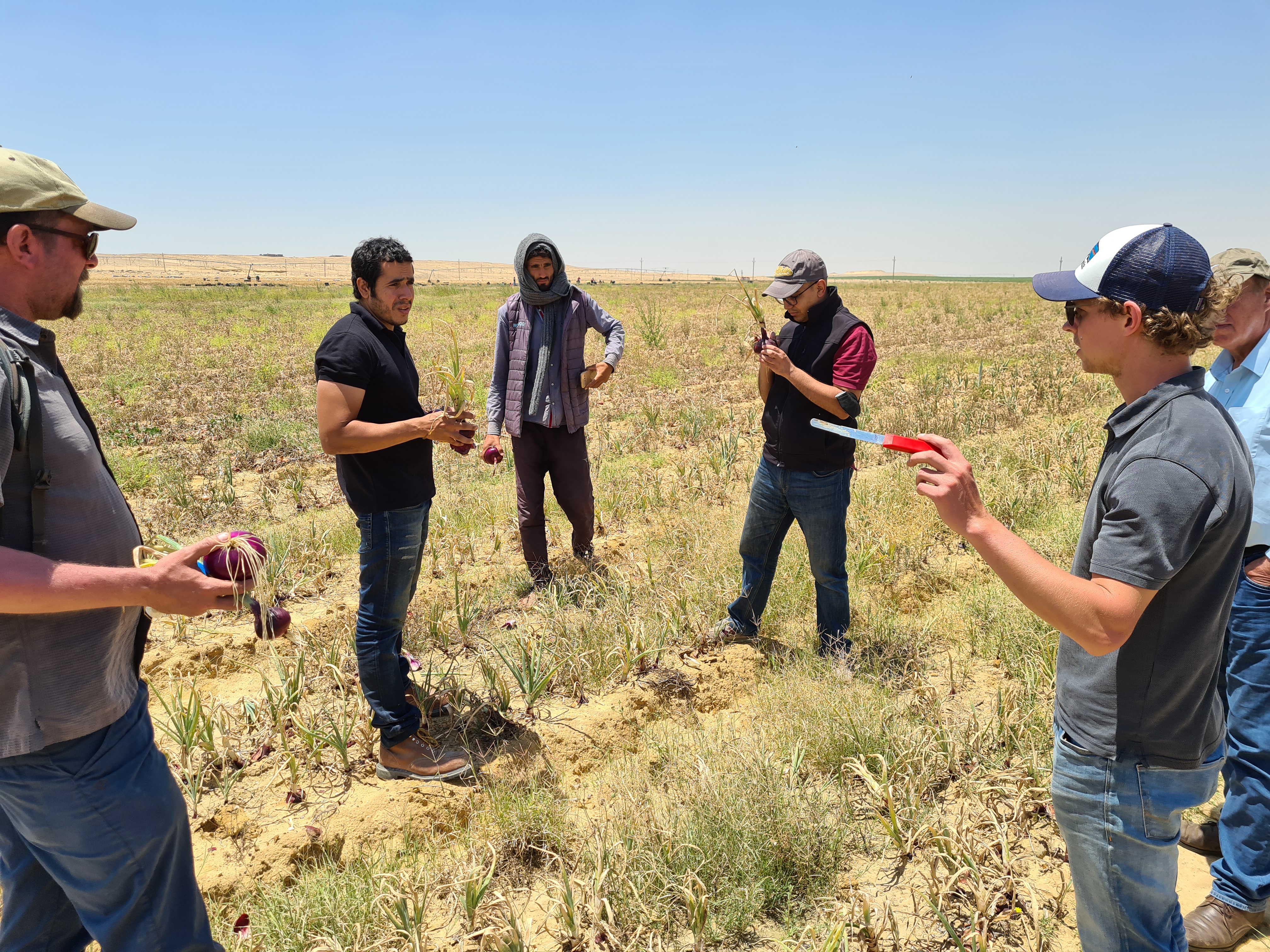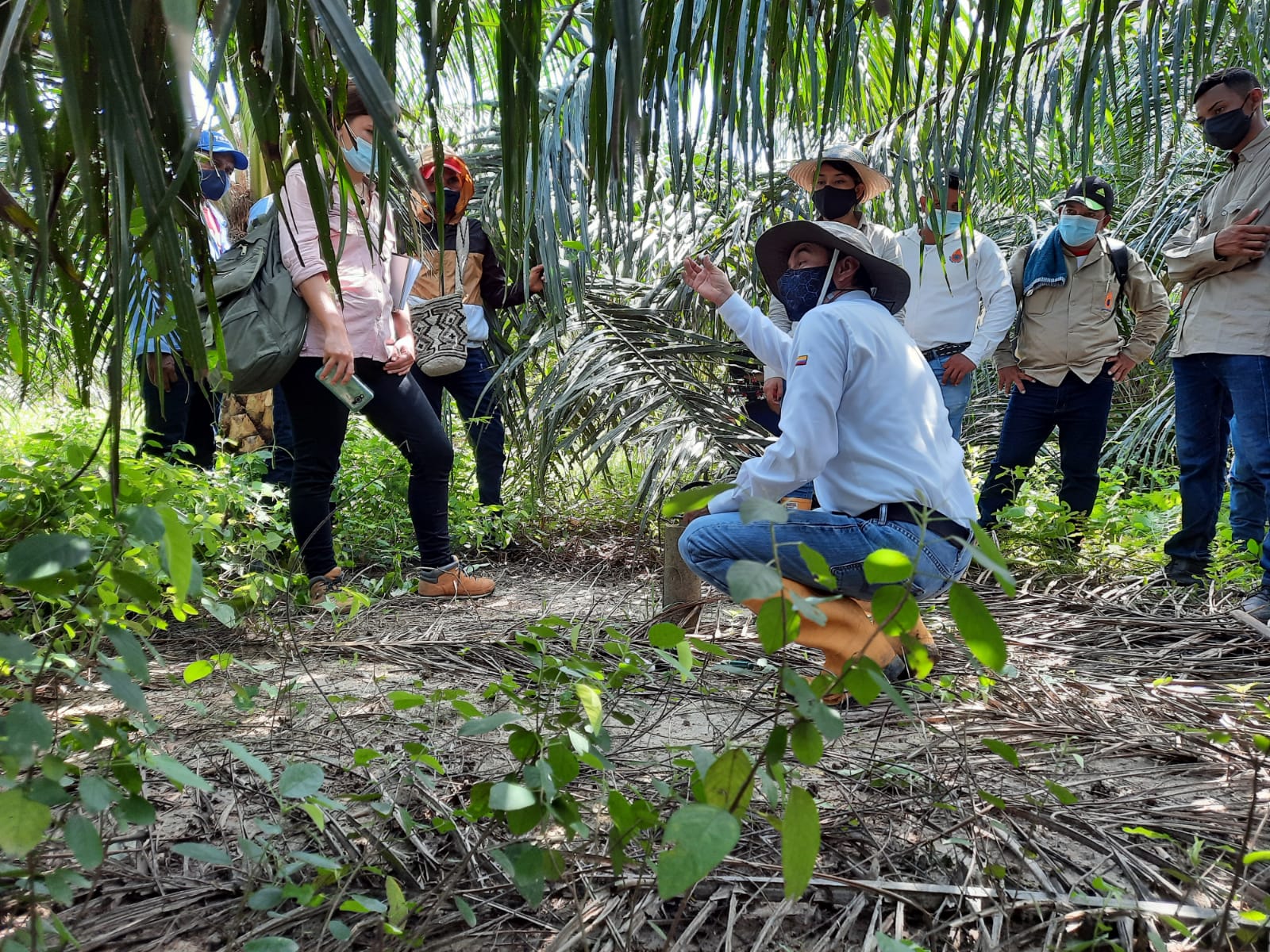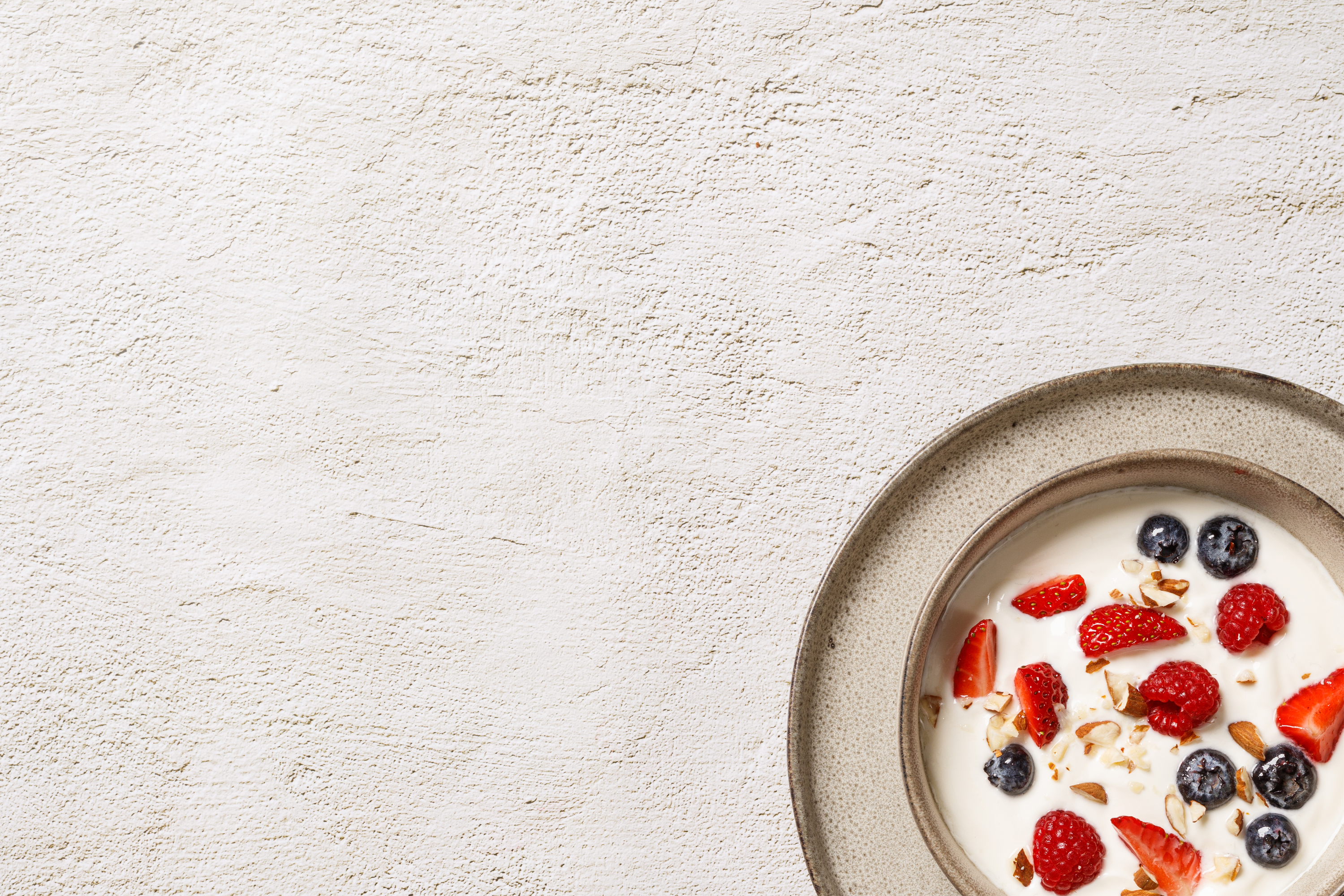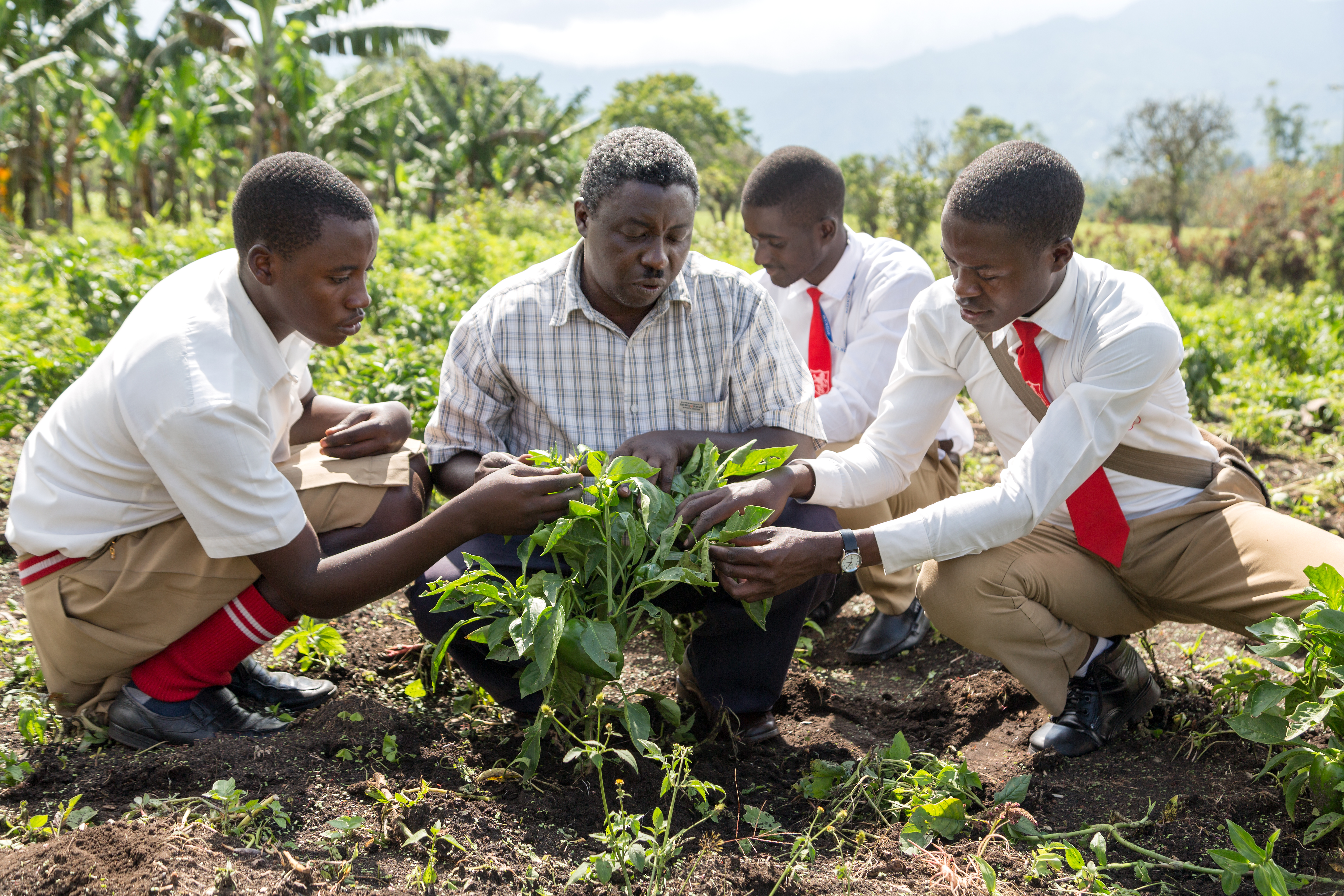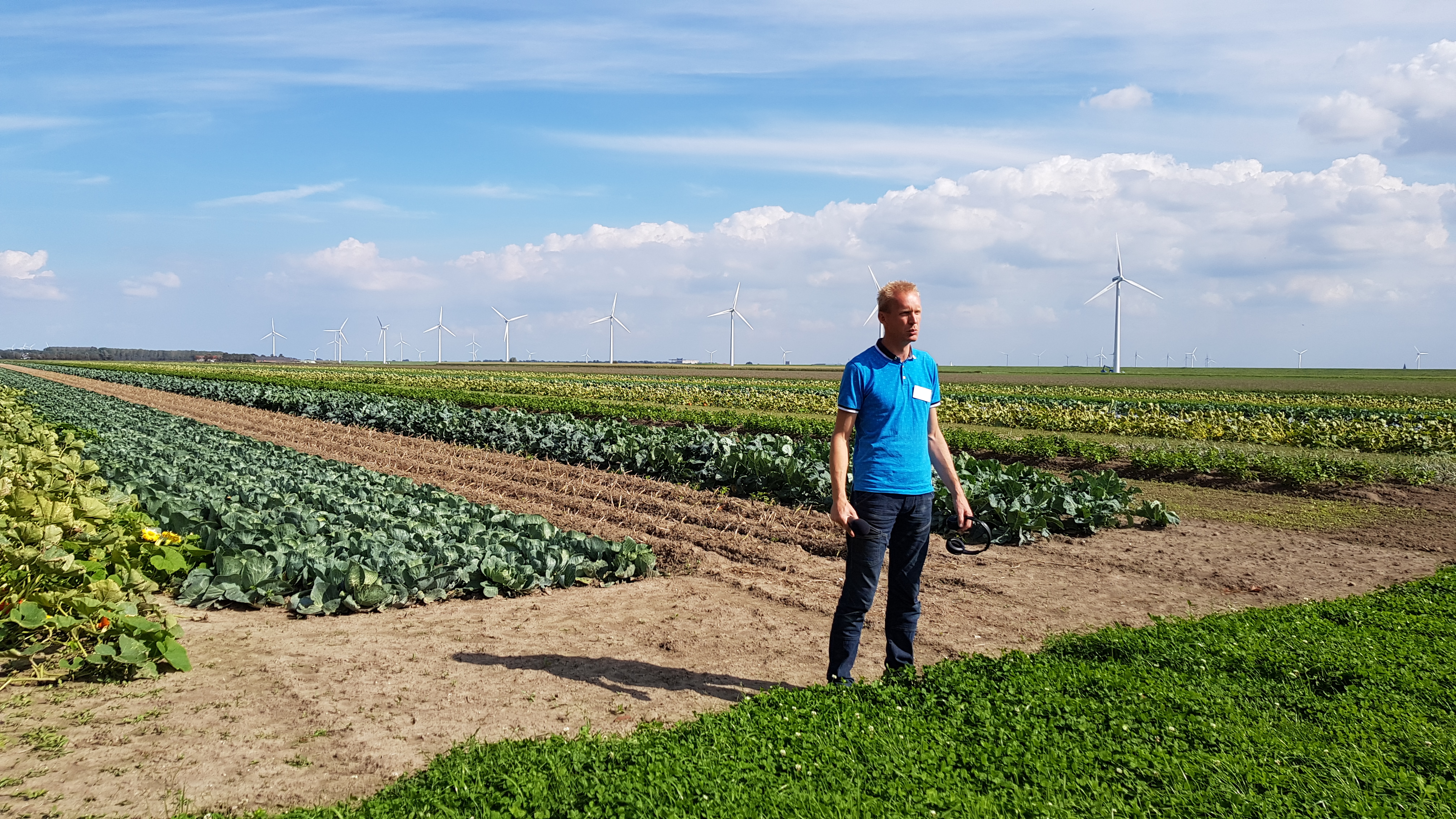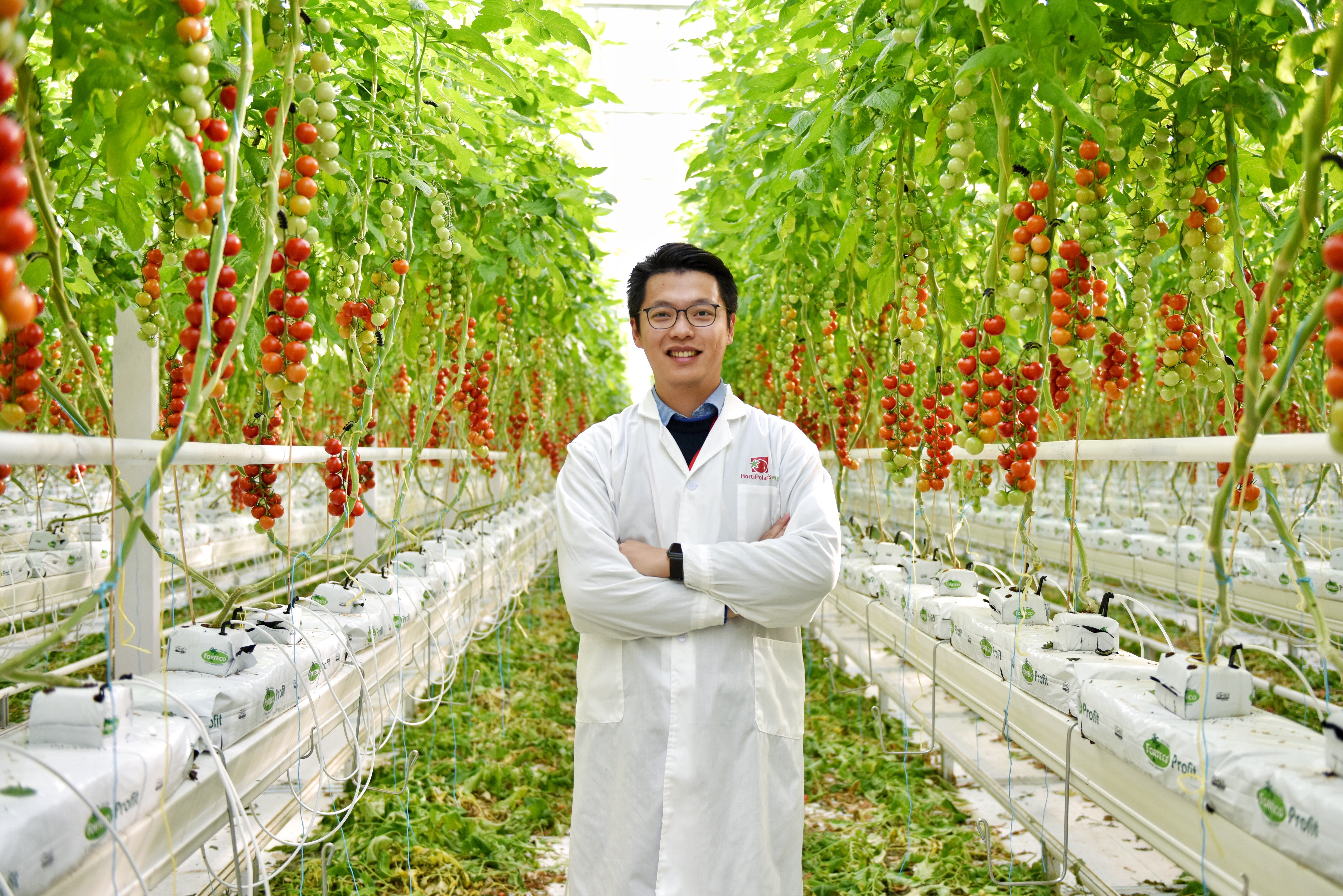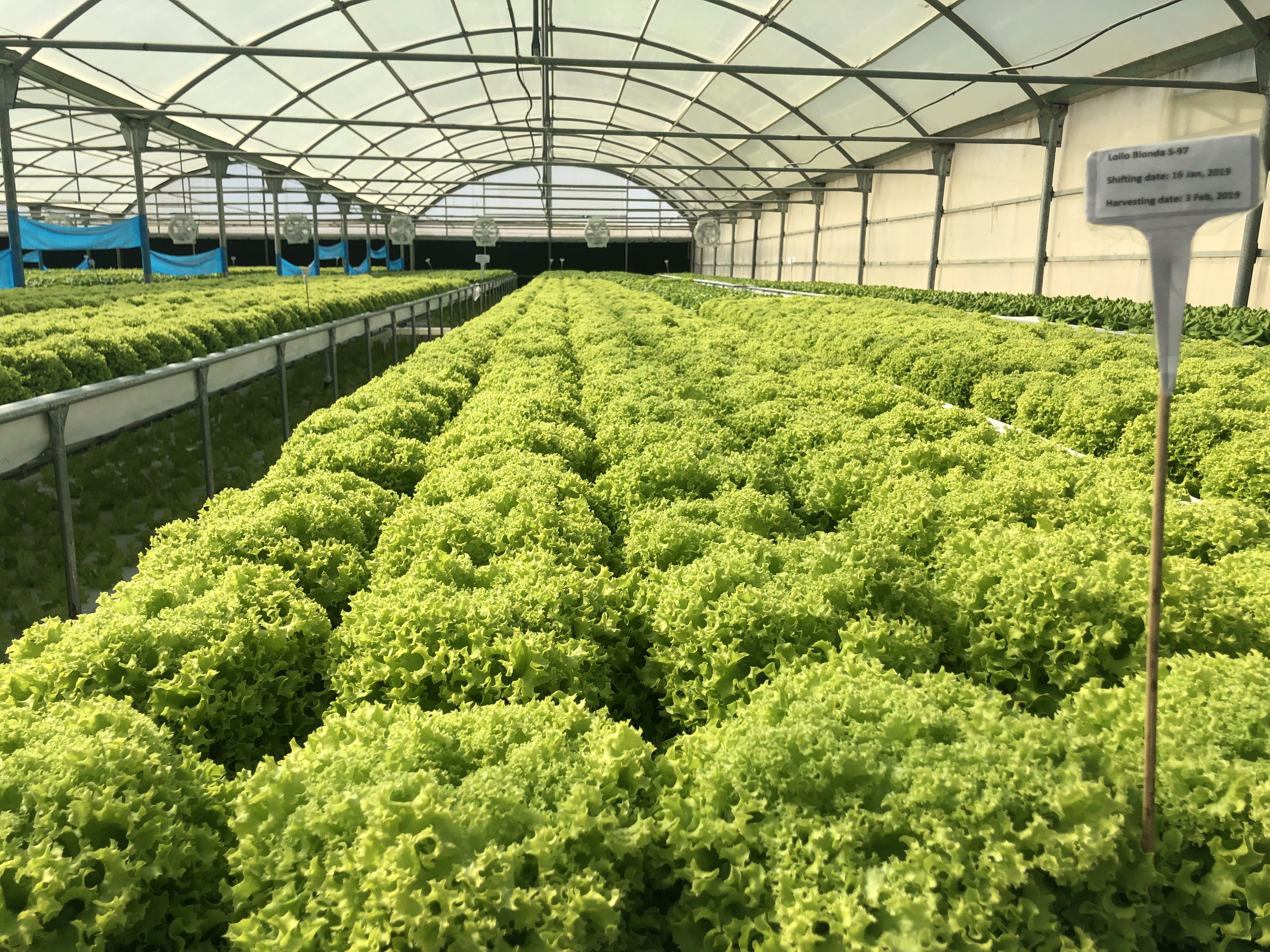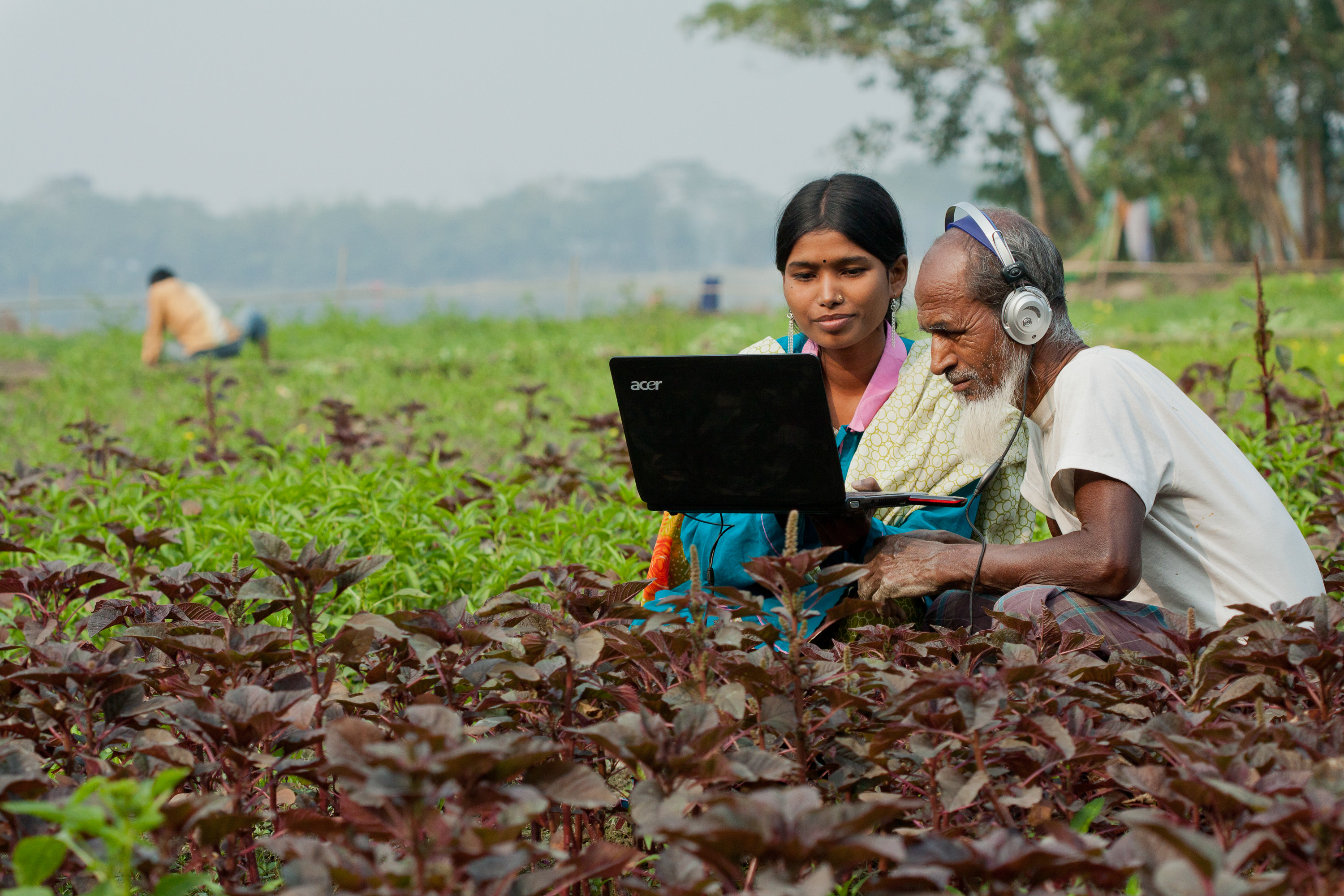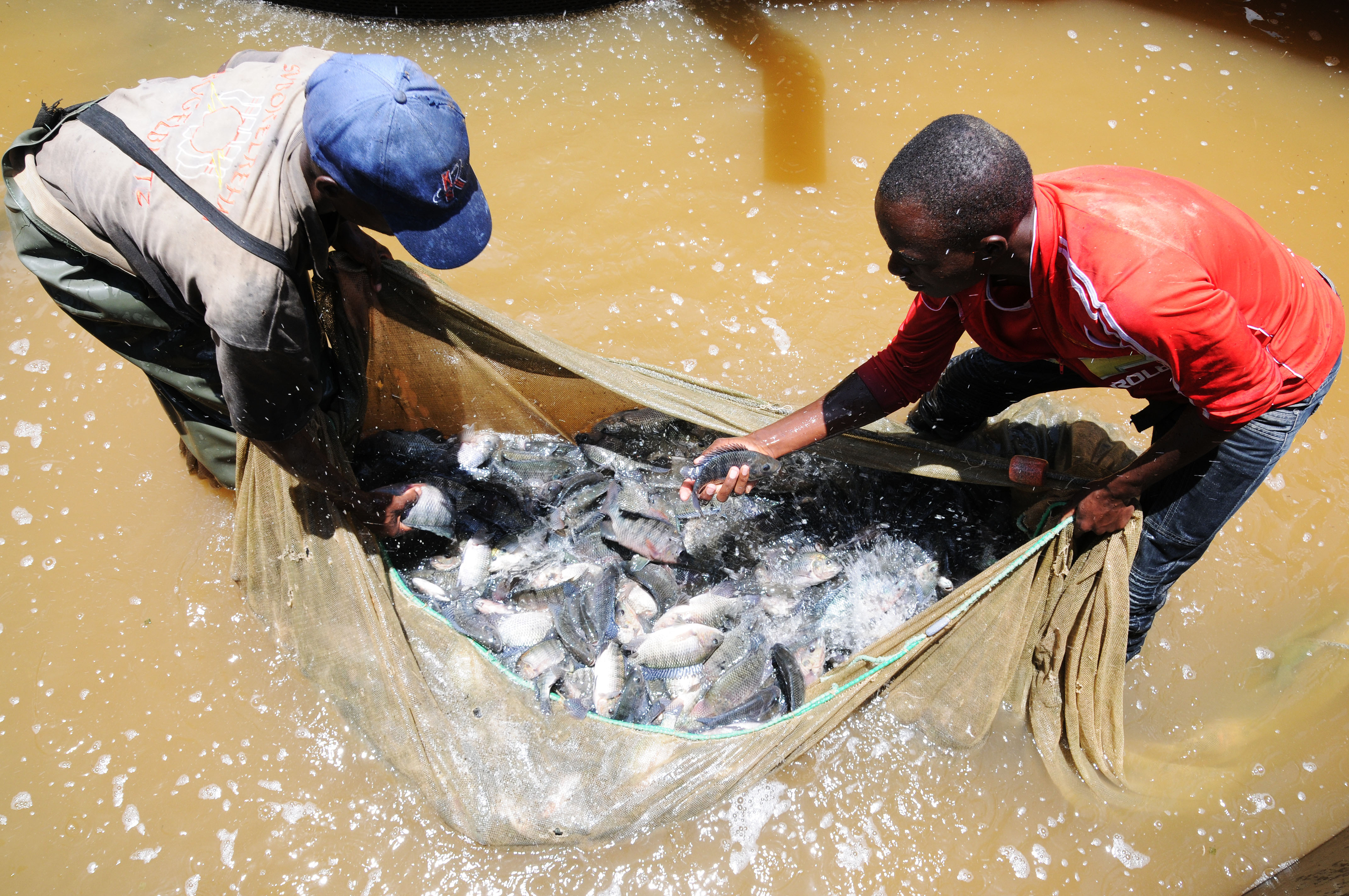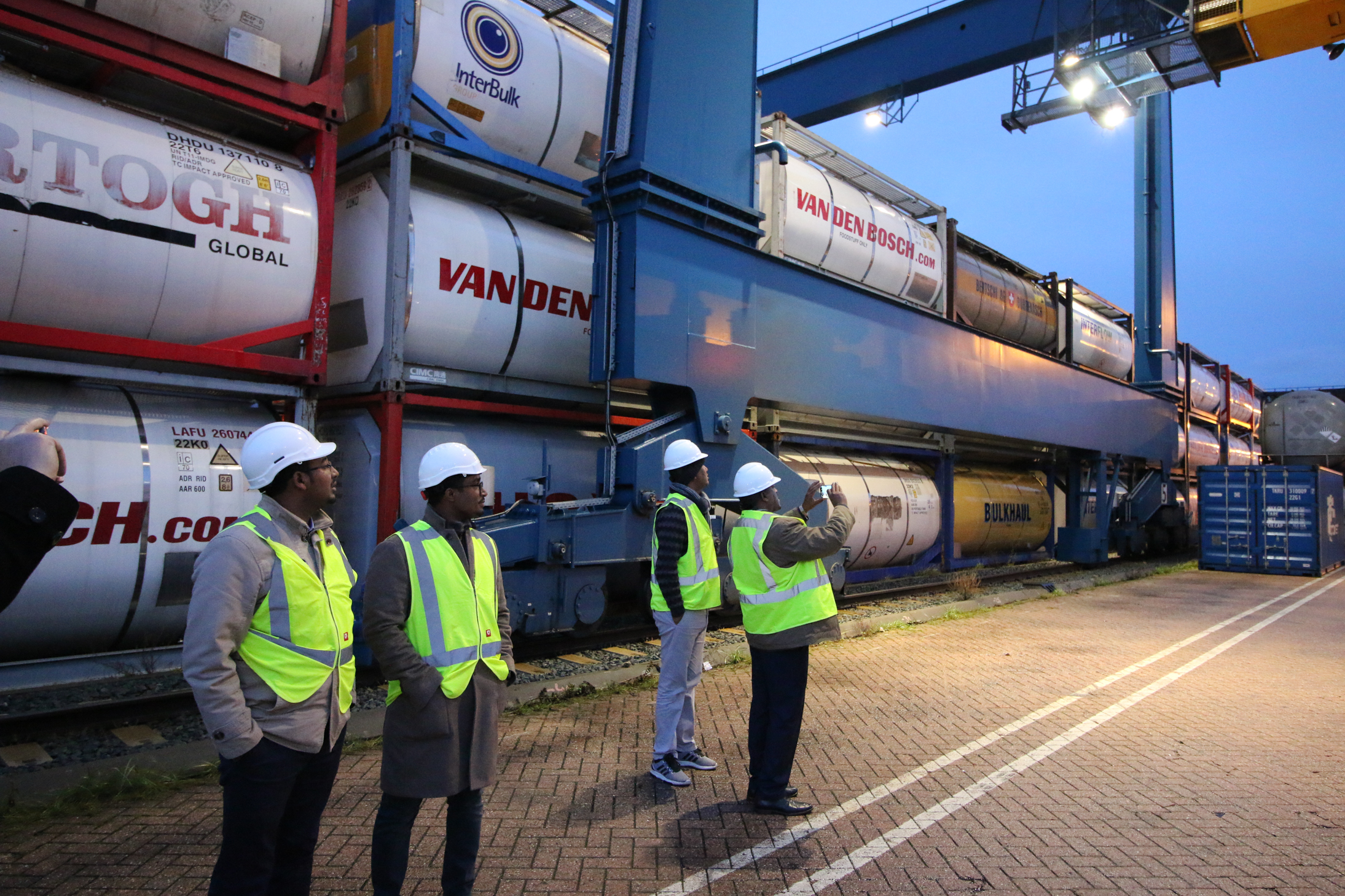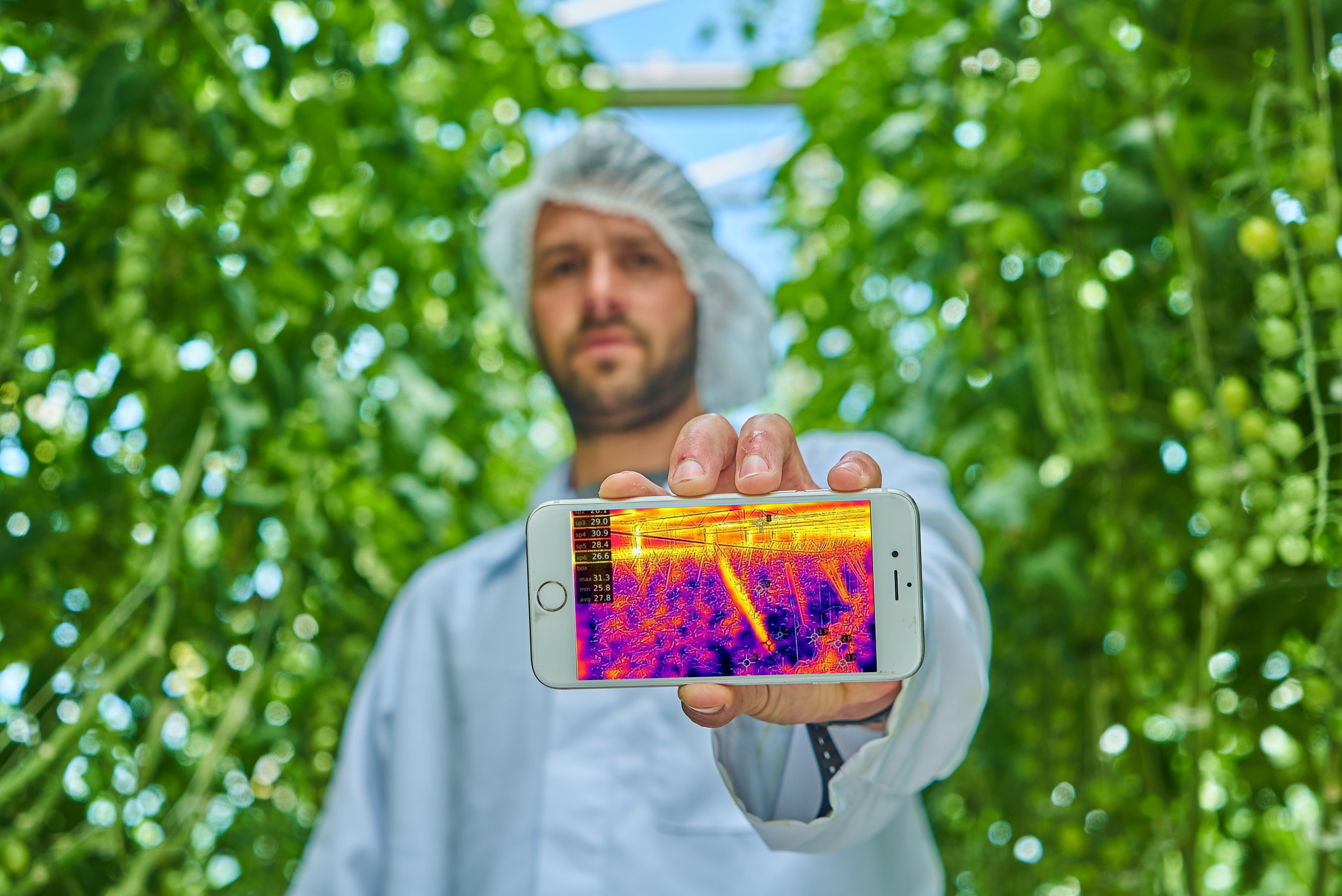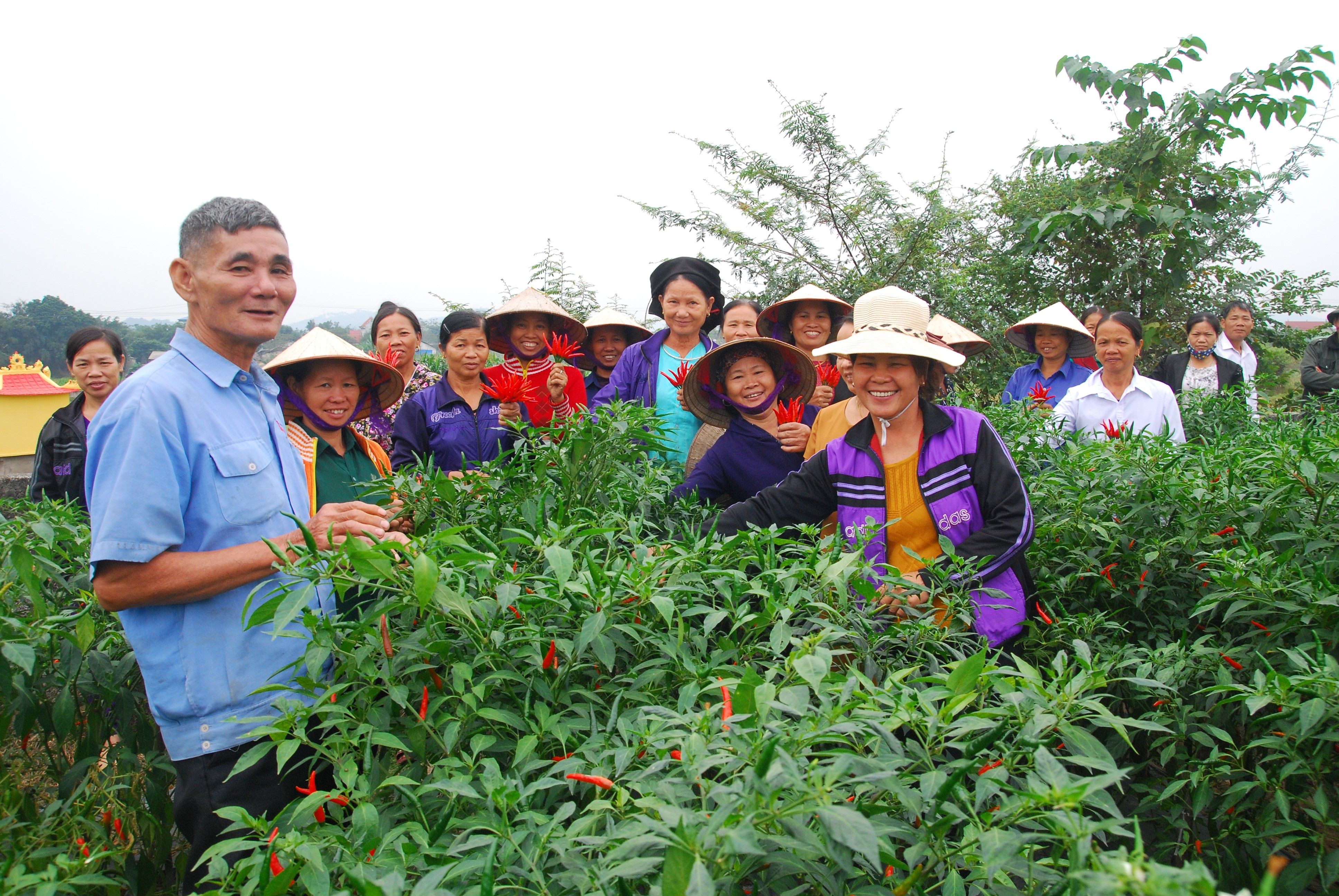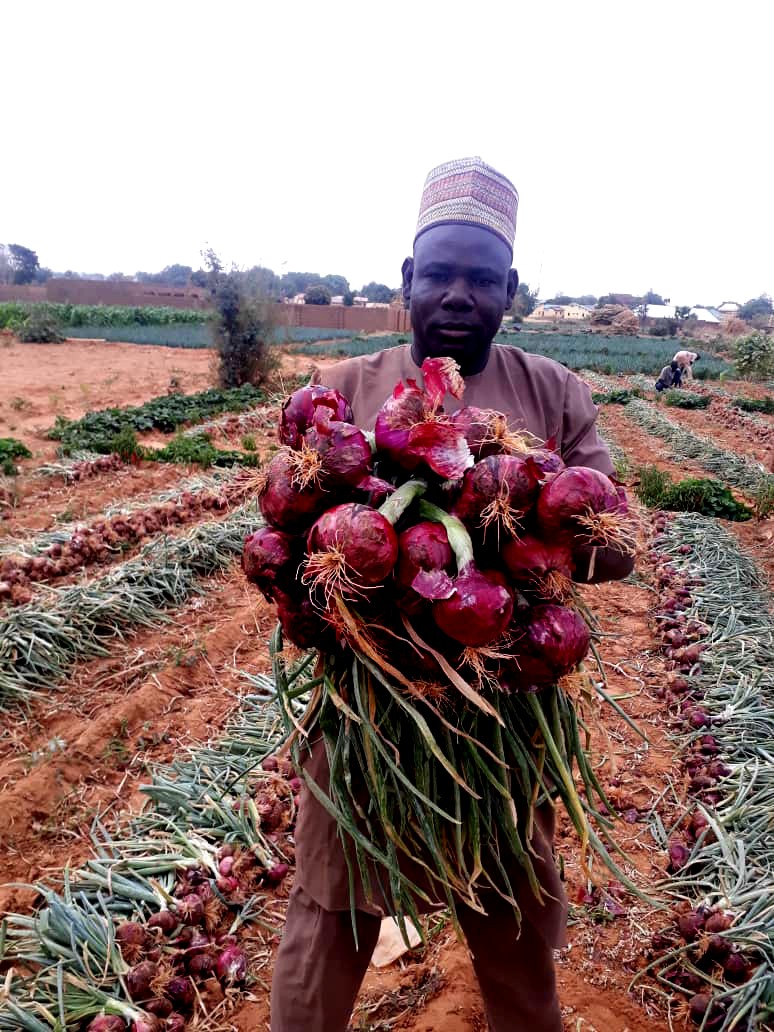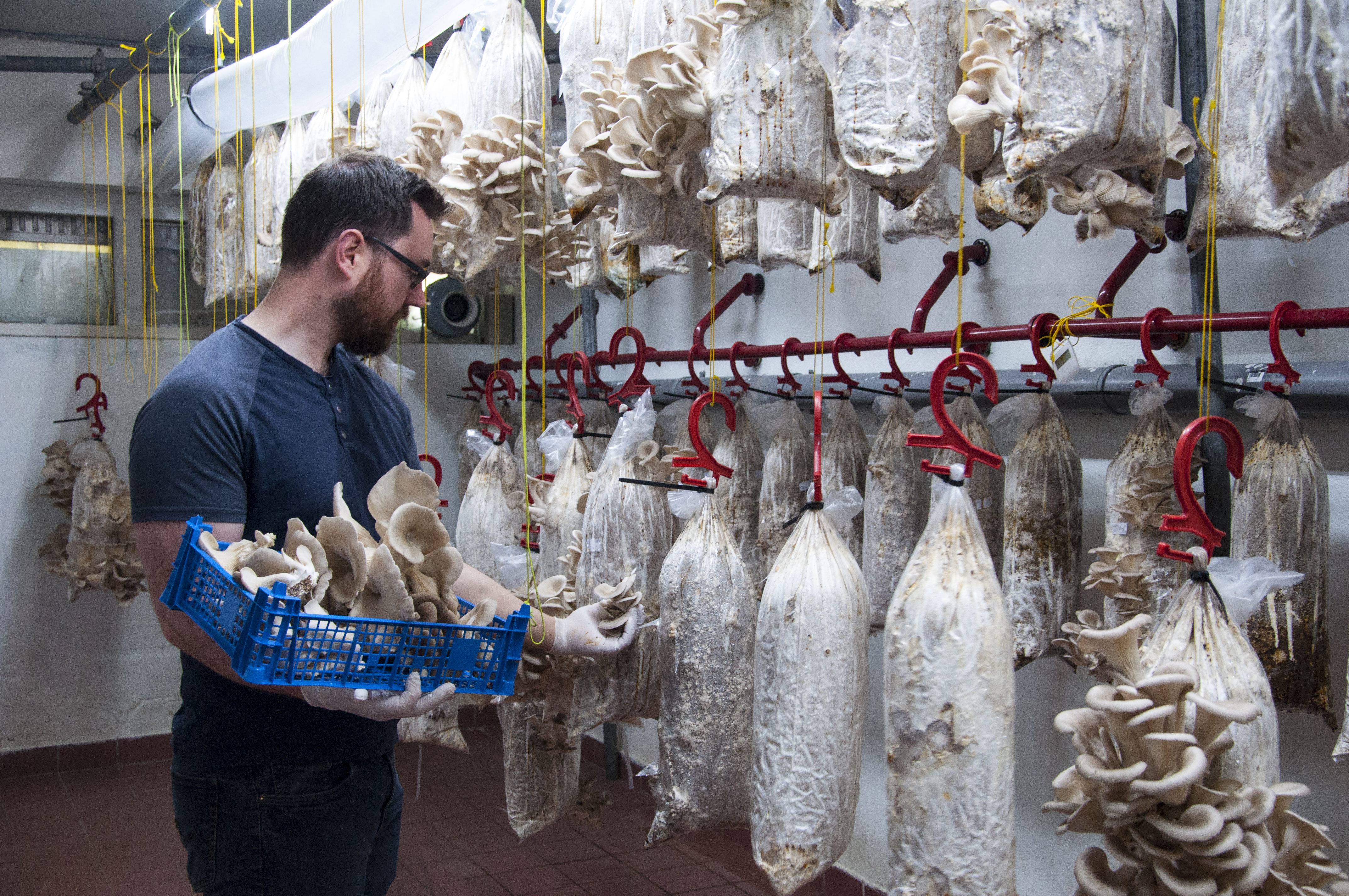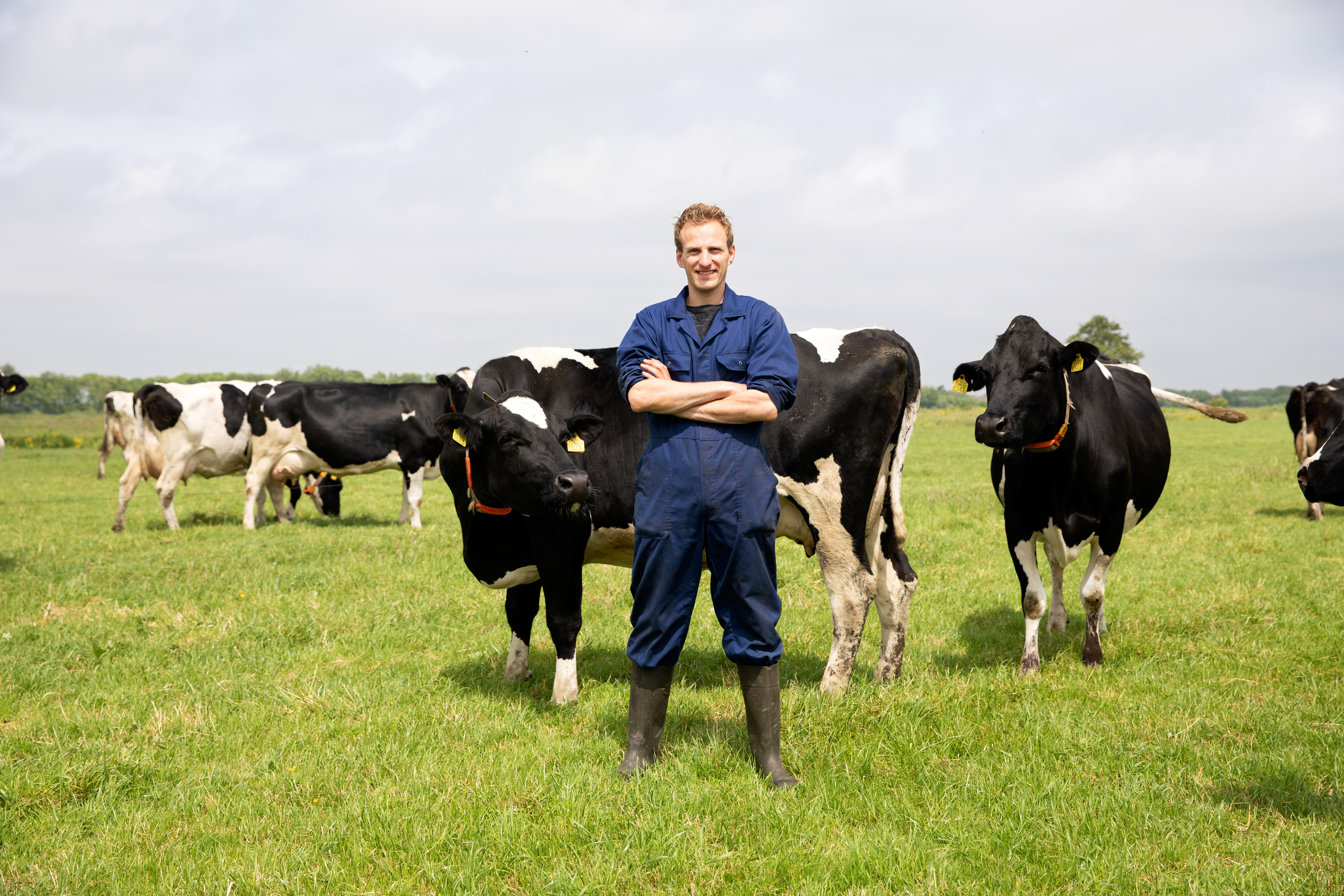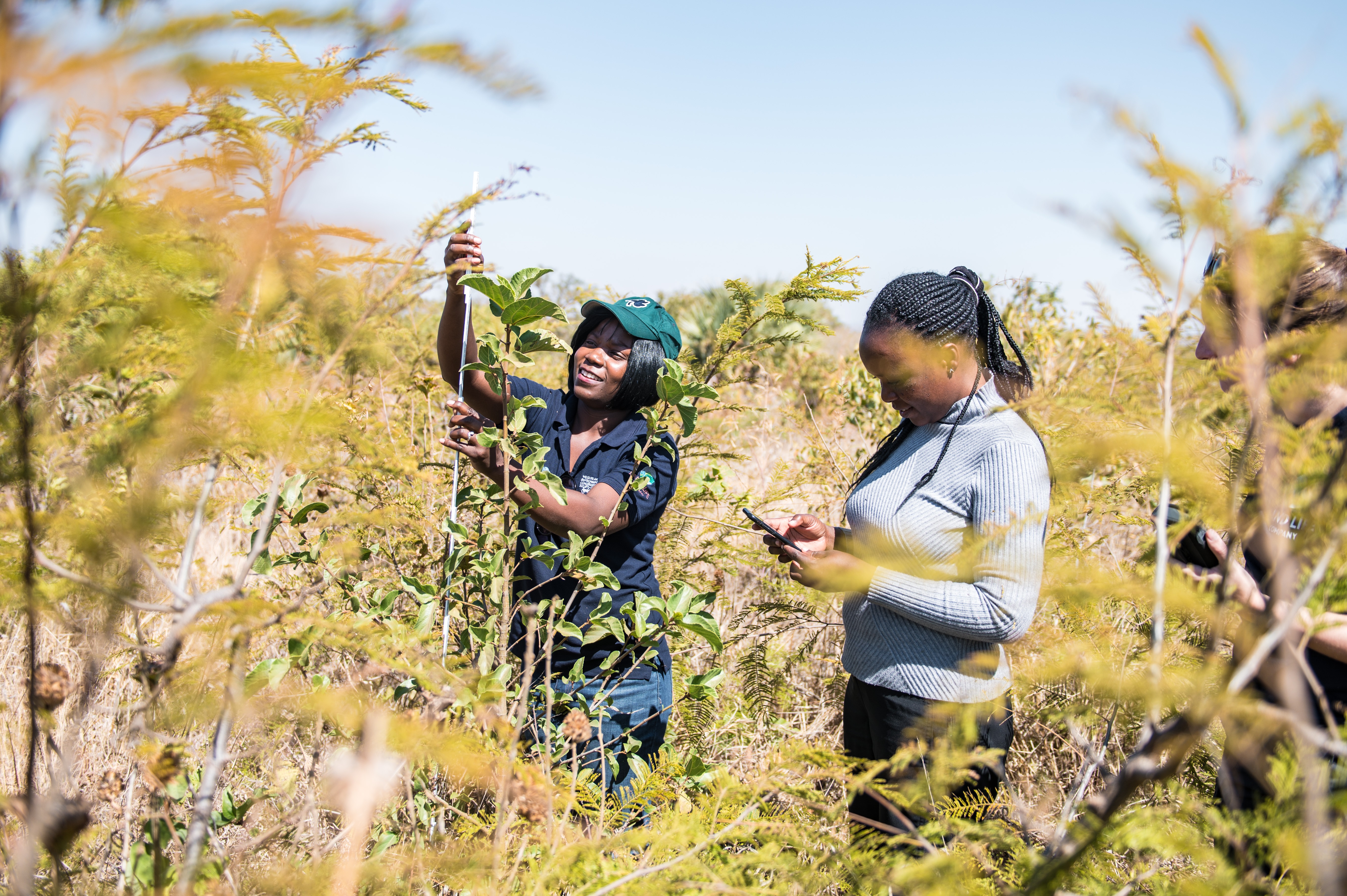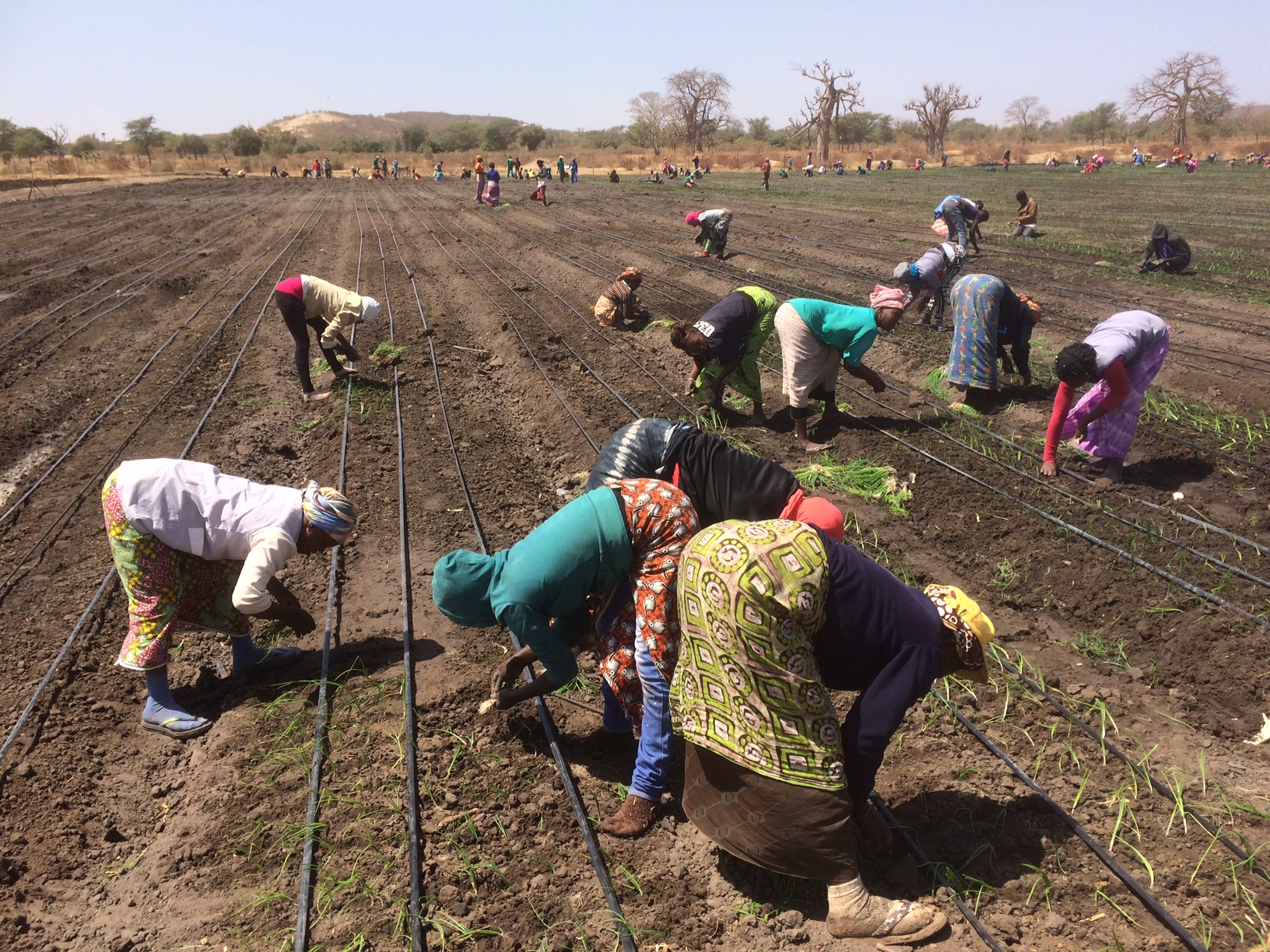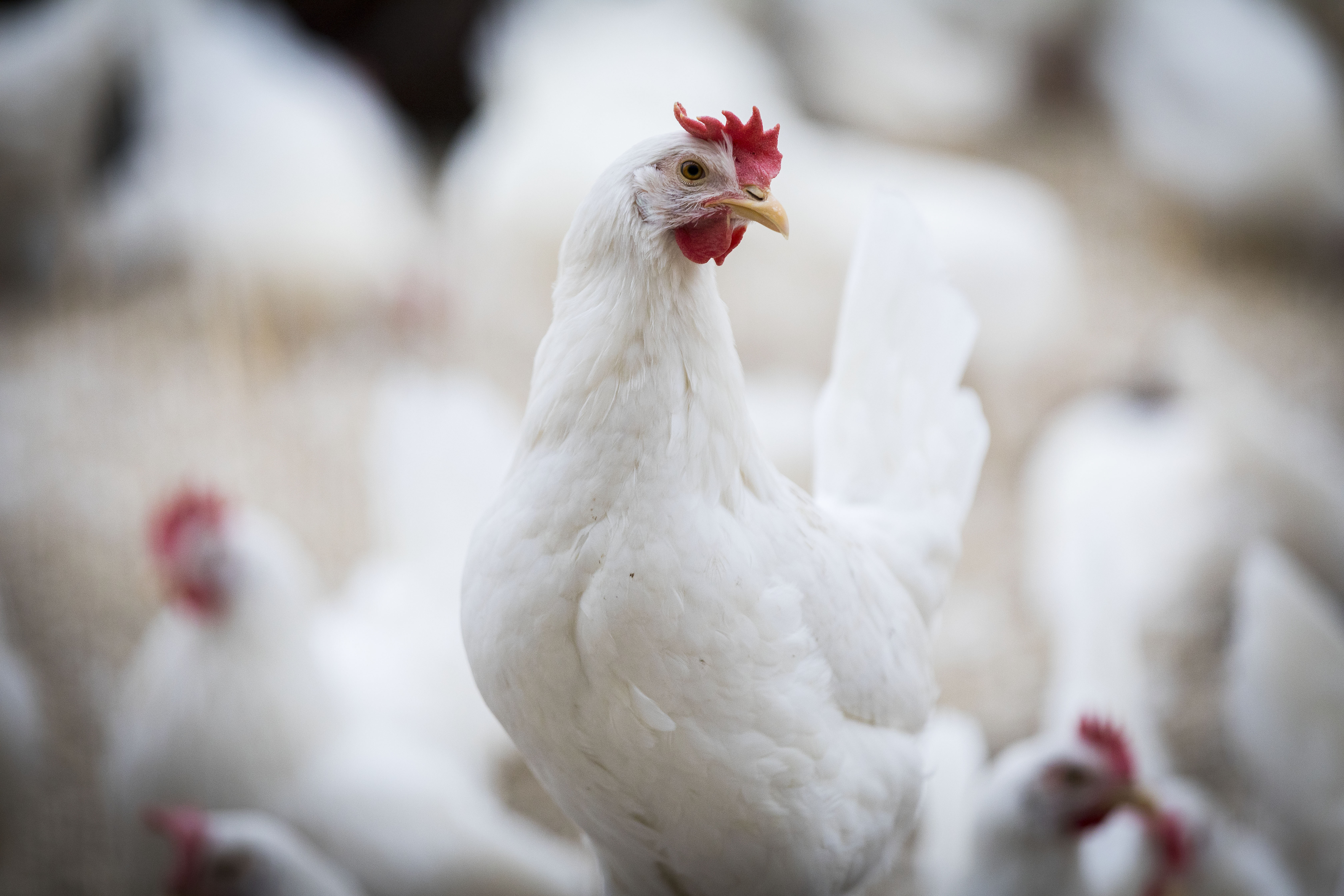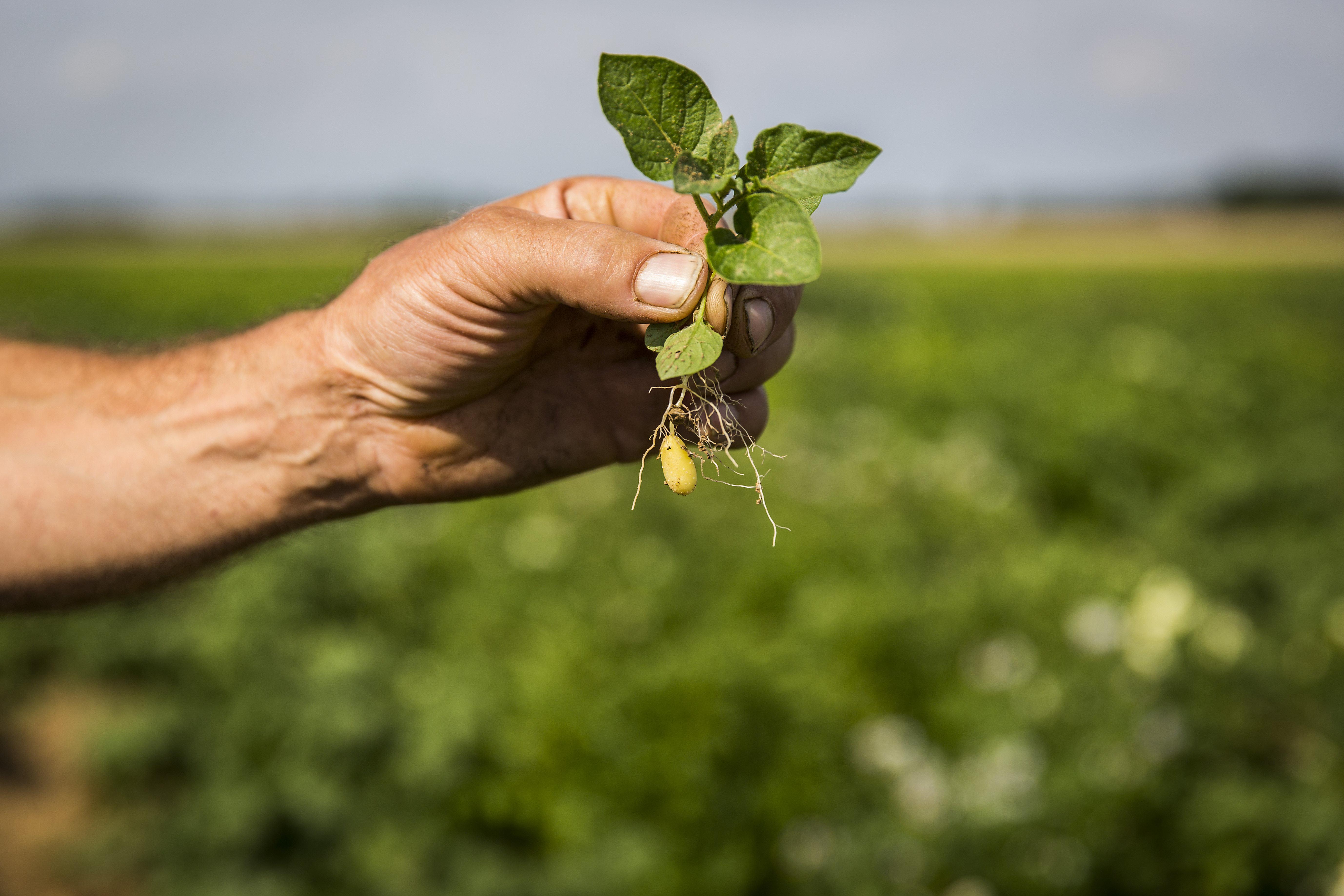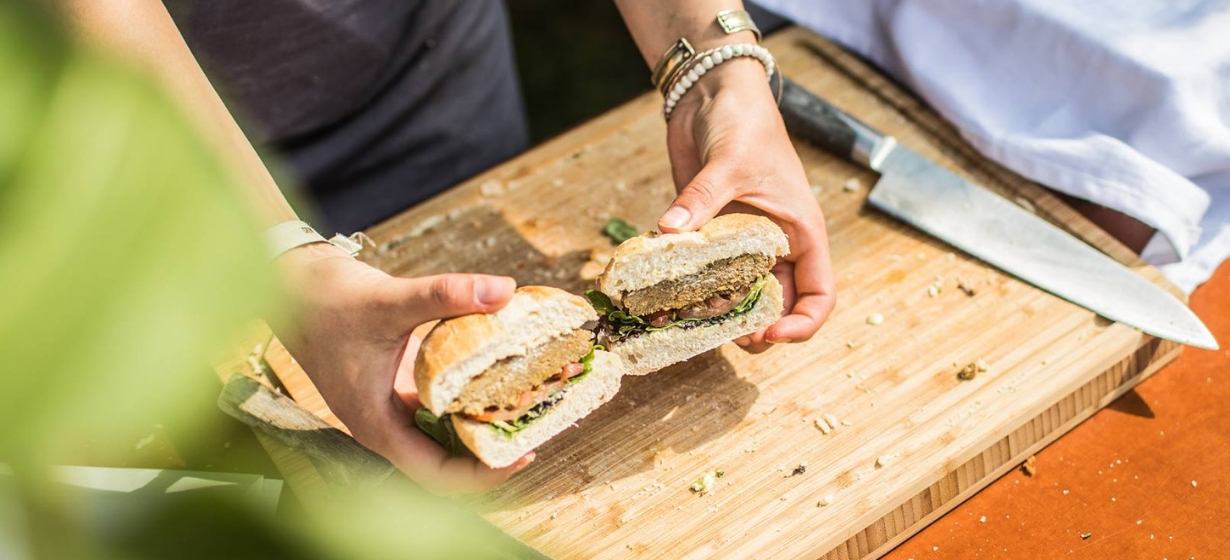
Agri & food
To feed an ever-growing population, we need to rethink the way our food system is designed. The challenge is real: how can we produce food in a way that works for both producers and consumers, without further endangering the planet and our environment? The Netherlands is ready to take on this formidable task, working with partners around the world to cocreate sustainable and fair food systems. Systems in which a better earning capacity for farmers, growers and fishermen goes hand in hand with reducing our impact on soil, air and water and the restoration of biodiversity and ecosystems.
Making the sustainable transition
Our current food system is harmful for people as well as the planet. Farmers, growers and fishermen struggle to make a decent living, while countries all over the world experience biodiversity loss and the deterioration of water and soil quality. It is clear: making the transition towards a fairer and more sustainable food system is important for everyone and all involved, from food producers and consumers to bees, butterflies and the earth we walk on. But what does it mean to create more sustainable food systems? Feeding a growing population sustainably is not just about producing more food. It is also about producing healthier food. Limiting food loss. Making the best of the inputs we use. Since last century, we have reduced water use for some crops by as much of 90%, while almost eliminating chemical pesticide usage in greenhouses. But there is always more we can do.
Making the transition towards a fairer and more sustainable food system is important for everyone and all involved
Creating more sustainable food systems all starts and ends with putting an end to the waste of raw materials and natural resources that occurs along the food chain. For example by introducing smart agriculture methods, improving agrologistics, and optimising our water and energy use in greenhouses. Or by bringing food waste, crop residues and by-products from the food industry back into the food cycle. We ensure no drop of water or rejected food produce is wasted and boost the earning capacity of those who provide our daily bread, milk and meat.
Cocreating local systems
As a highly innovative agricultural producer, the Netherlands has knowledge and expertise that could help the world to create more sustainable food chains. About reducing post-harvest loss for example, or livestock farming. In a small country where animals outnumber humans some 7:1, our animal protein sector needs to be at its most innovative to do right by people, planet and animals. Our government, research institutes and the private sector all work together on key topics such as animal welfare, circularity and lowering environmental impact.
With a large population in a small, low-lying delta region, our farms are some of the most intensive, sustainable and efficient in the world. But although this leaves us with plenty of surplus produce to trade, we increasingly focus on exporting solutions. We want to contribute to the global efforts to eradicate hunger and malnutrition, and we believe the best way to do this is by improving local food systems. We work with local partners, such as NGOs, branch organisations and knowledge institutes, to adapt Dutch technology and knowledge to local circumstances.
In Ethiopia and Djibouti, for example, the Flying Swans consortium is working on developing a cool logistics network, which not only aims to substantially reduce post-harvest loss, but also creates economic opportunities for both countries. And in the USA, public-private partnership Let’s Grow Together is developing Kentucky into an agricultural technology powerhouse. Dutch greenhouse technology is applied in all corners of the world, from China and Mexico to the UAE.
Achieving food security together
In a world where food security is under increasing pressure, the Netherlands can support countries to farm the future. With our knowledge and technology regarding healthy soil conditions, good agricultural practice, agrologistics, distribution, consumer engagement and more, we help create fairer and more sustainable future food systems.
